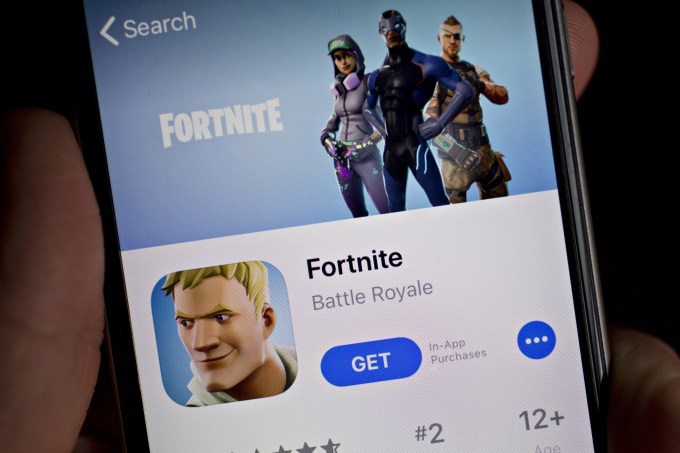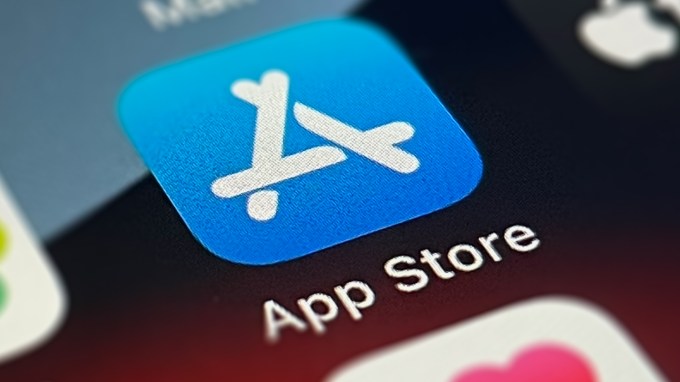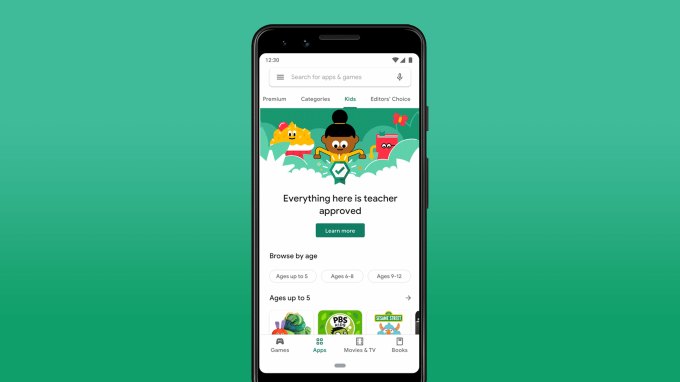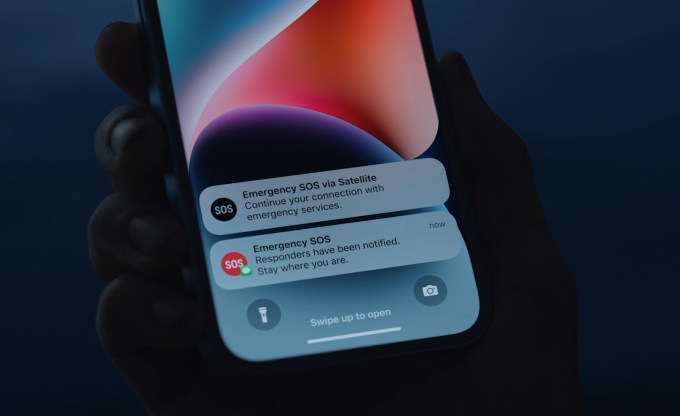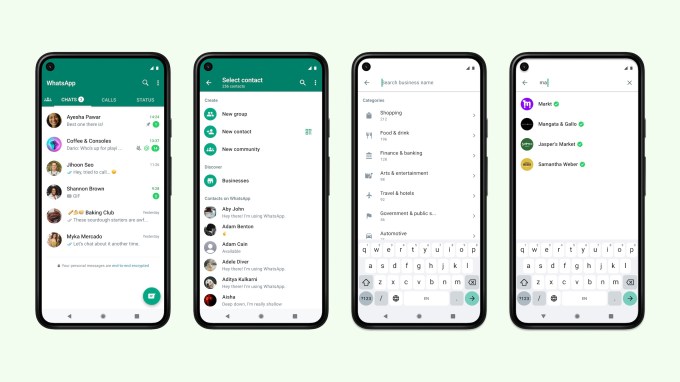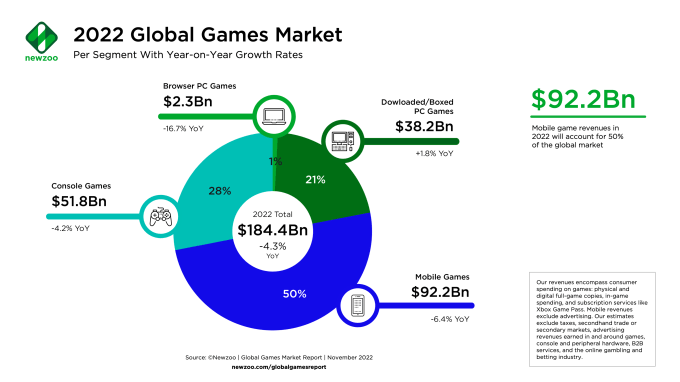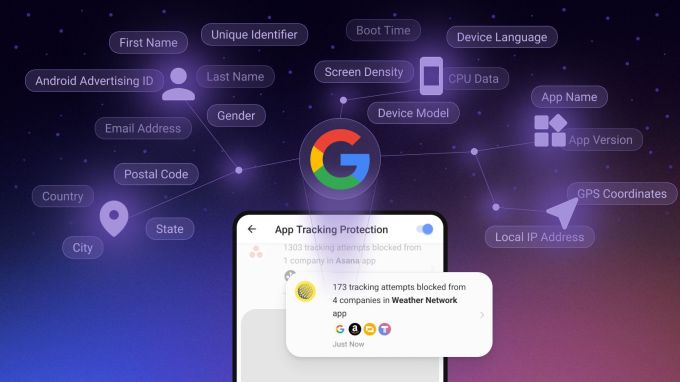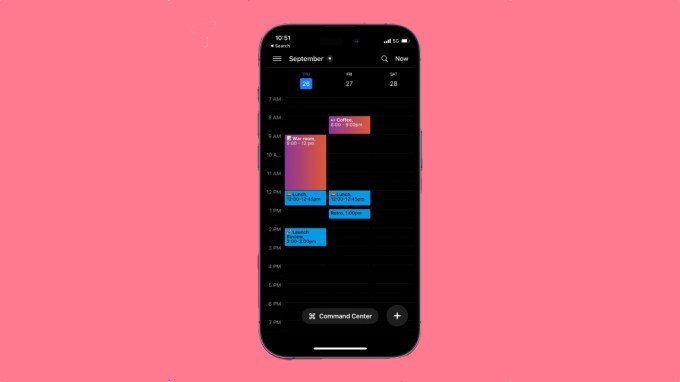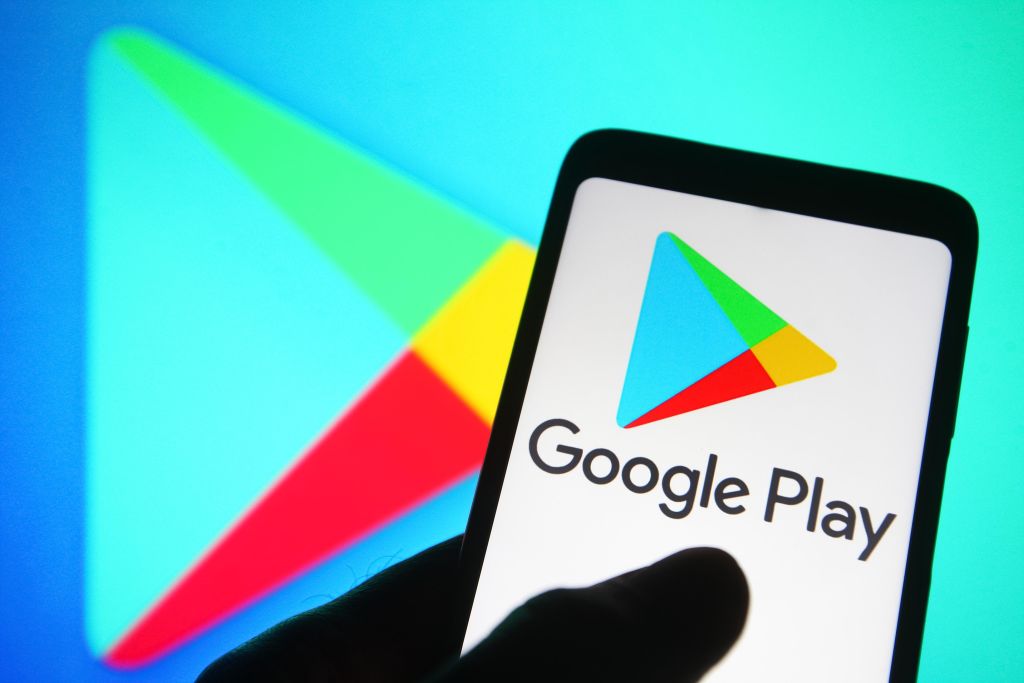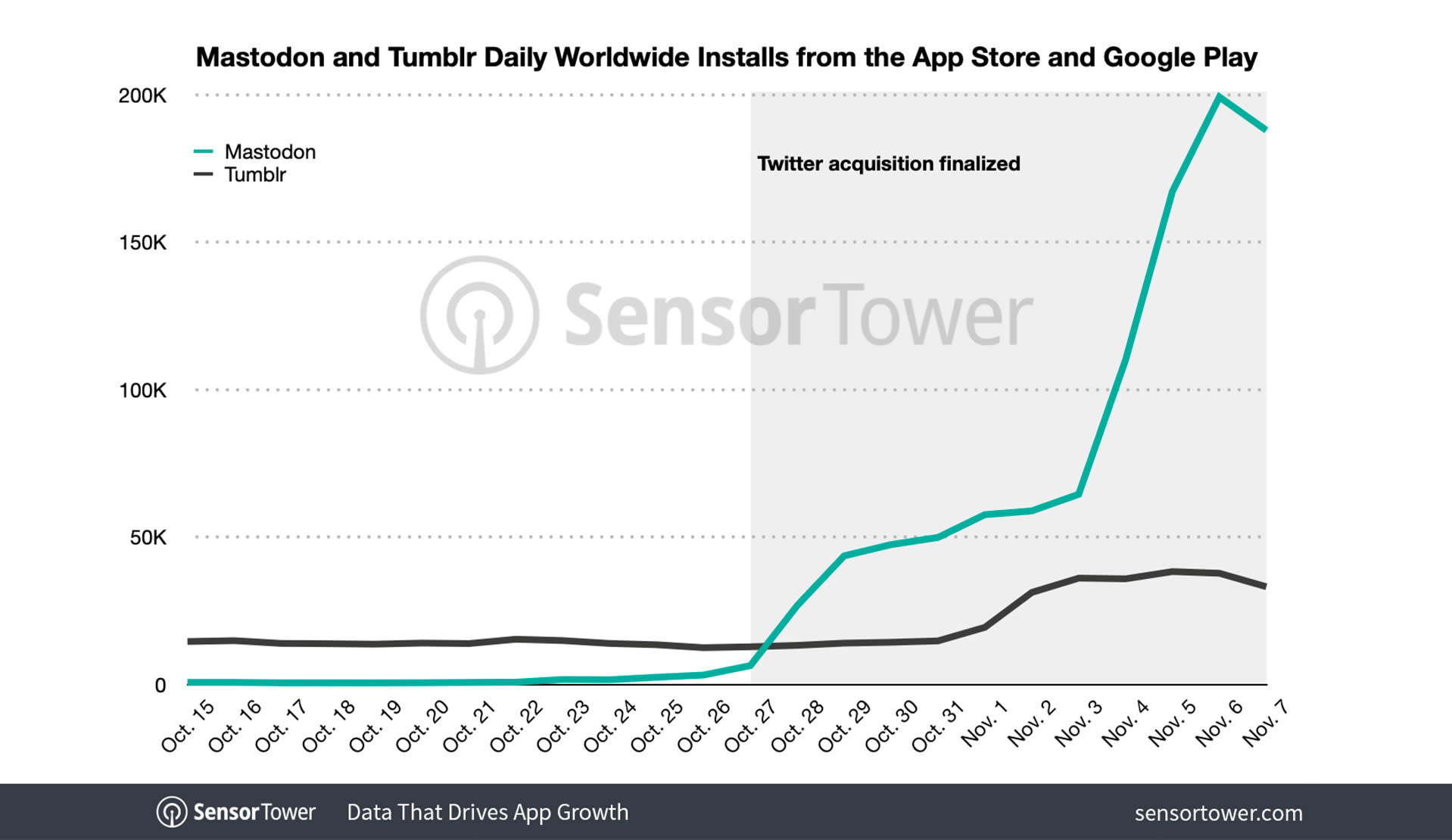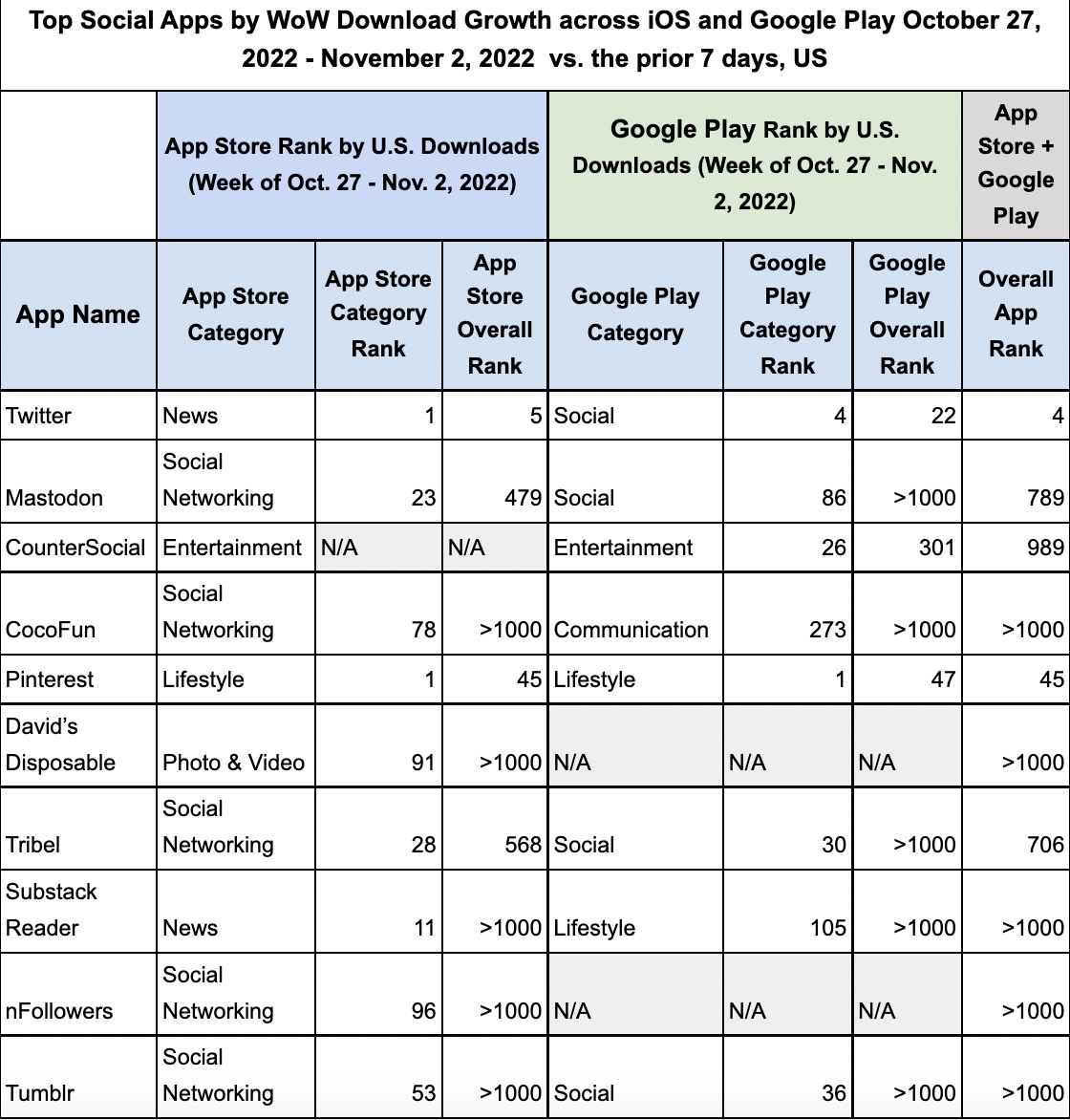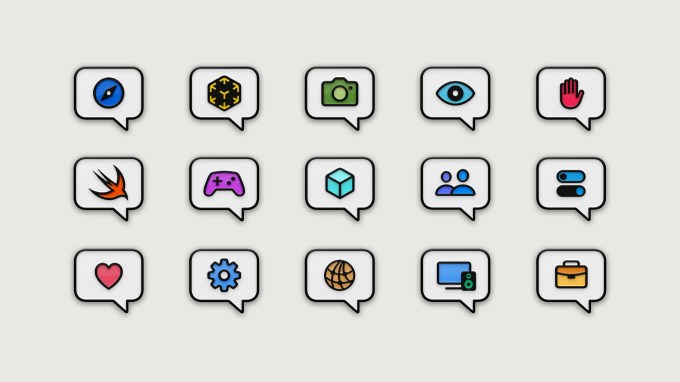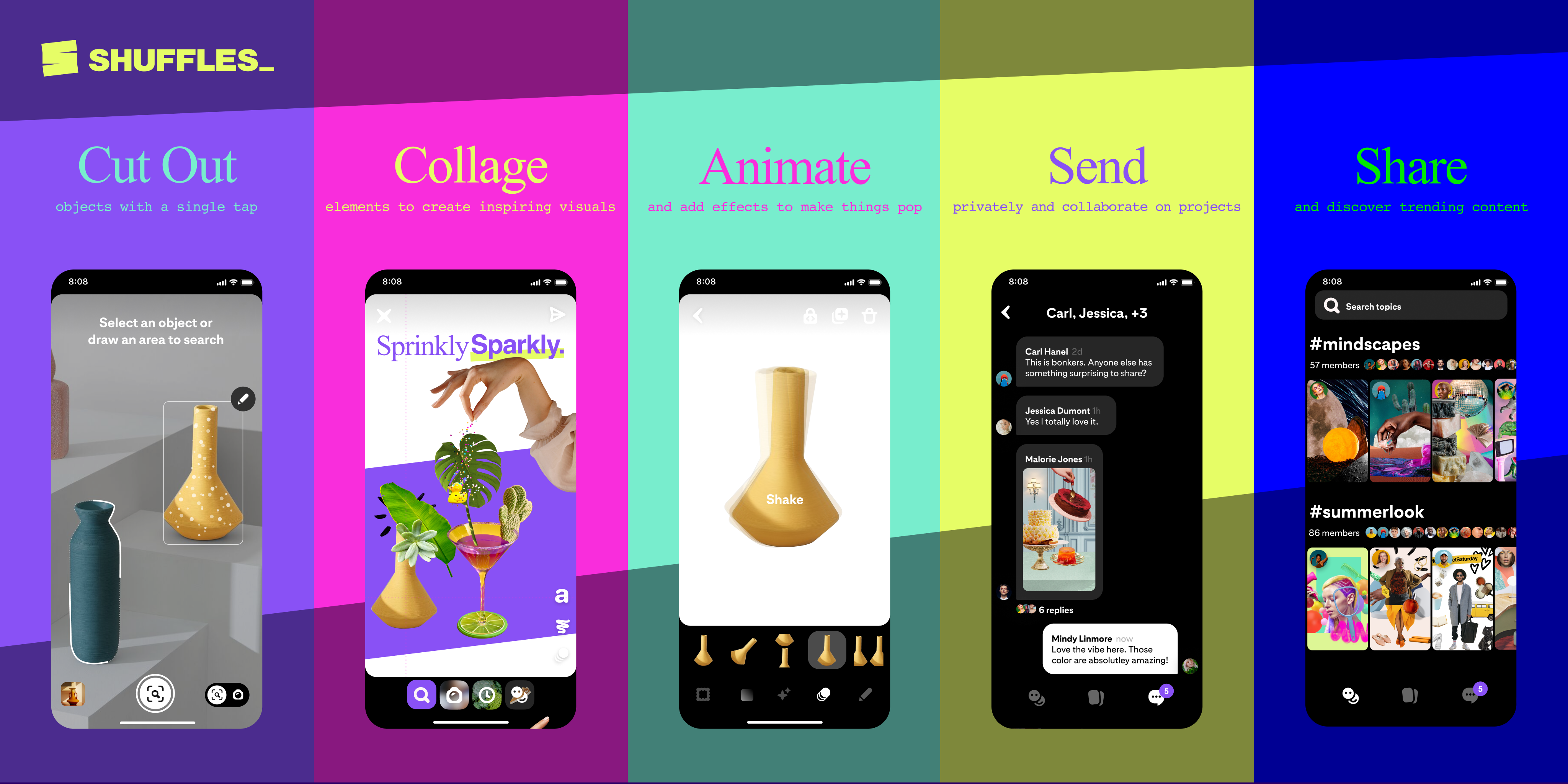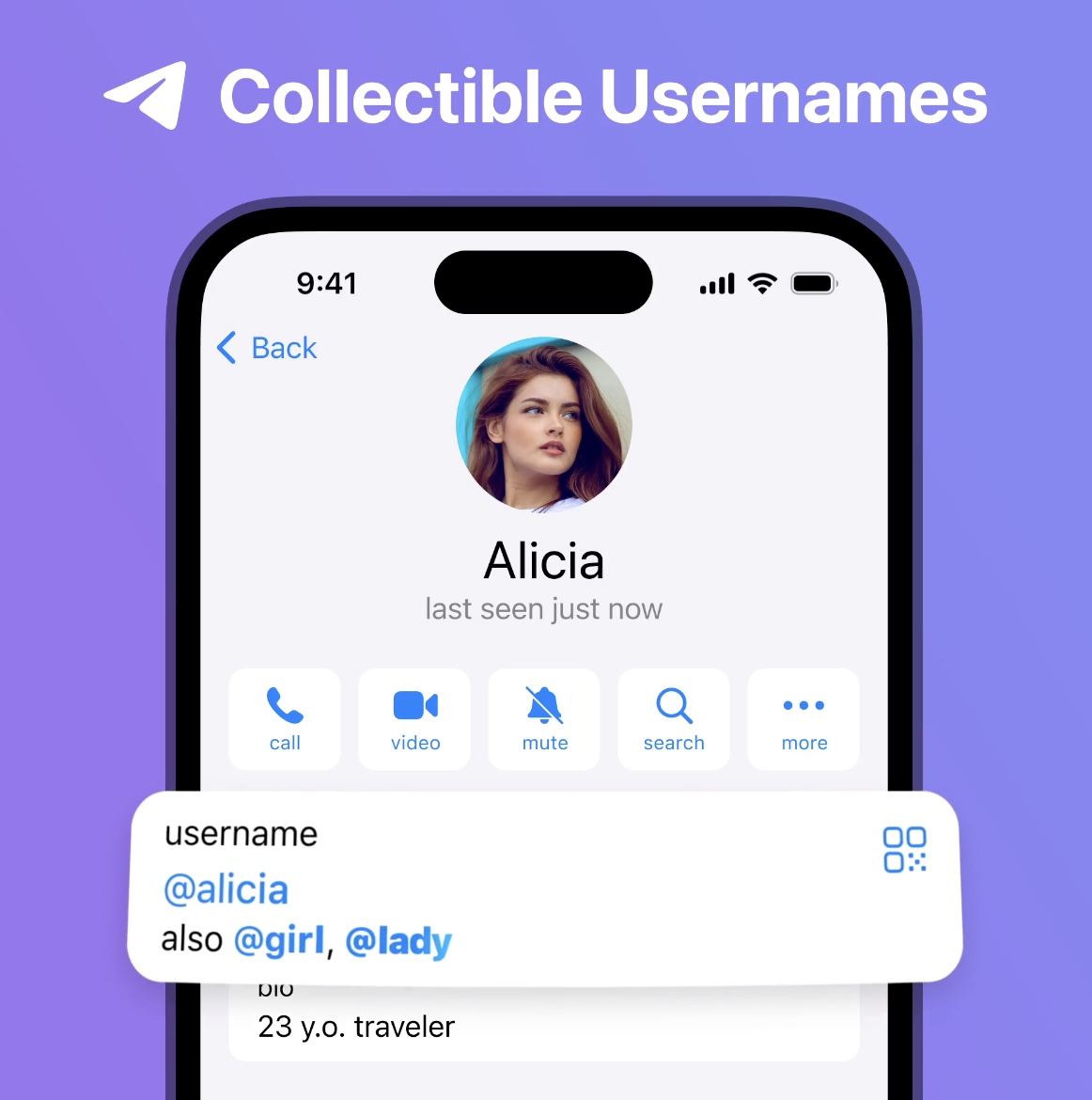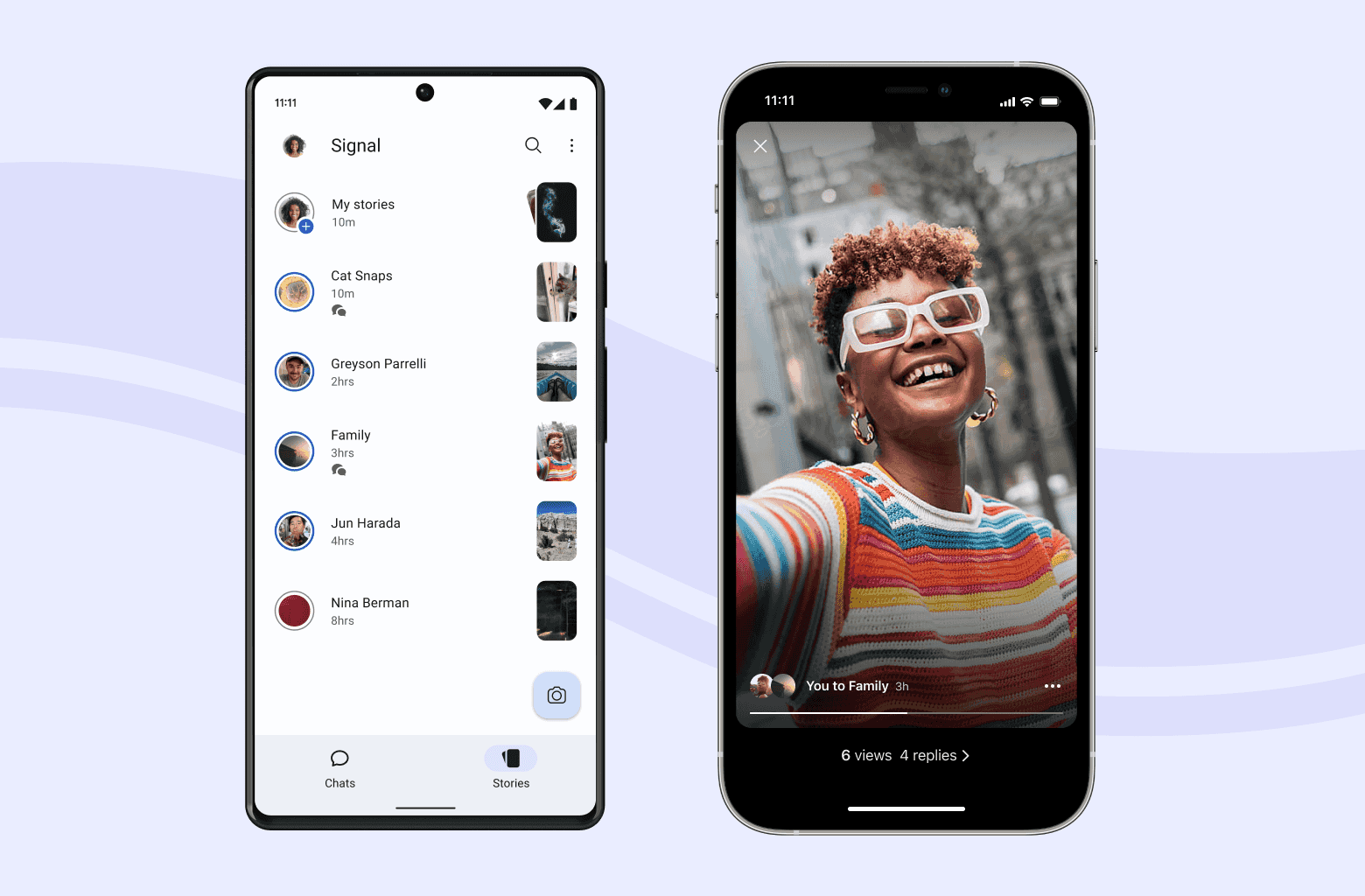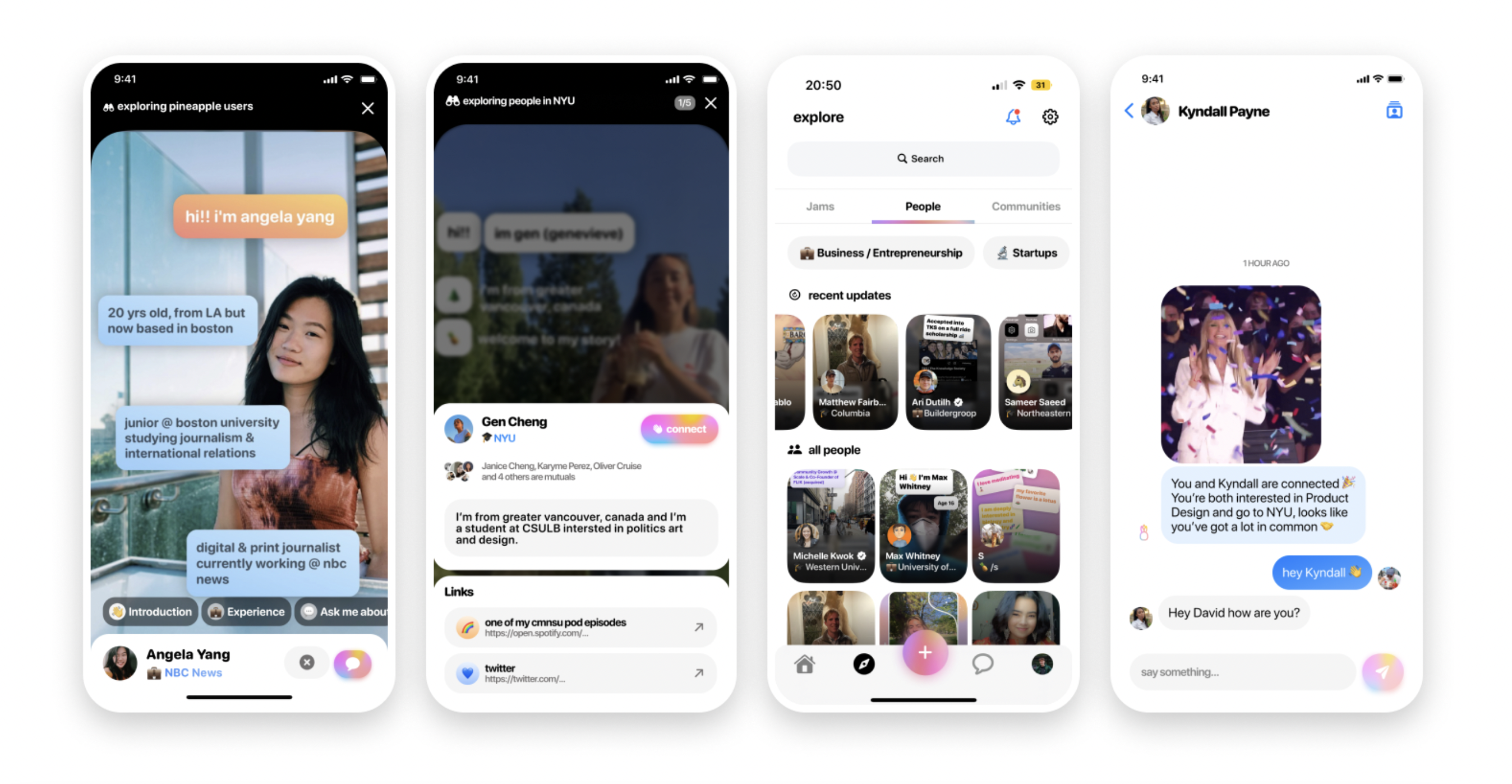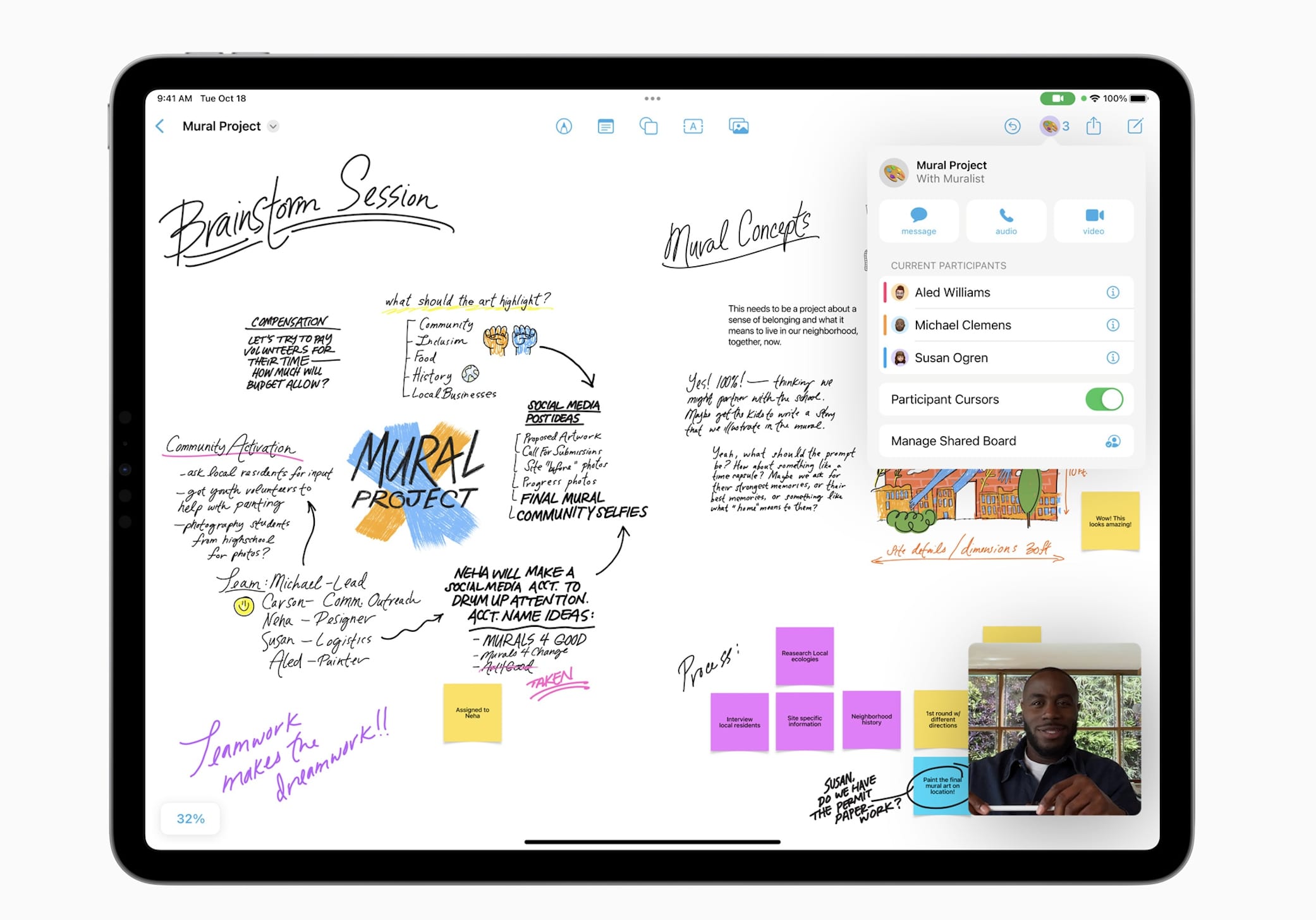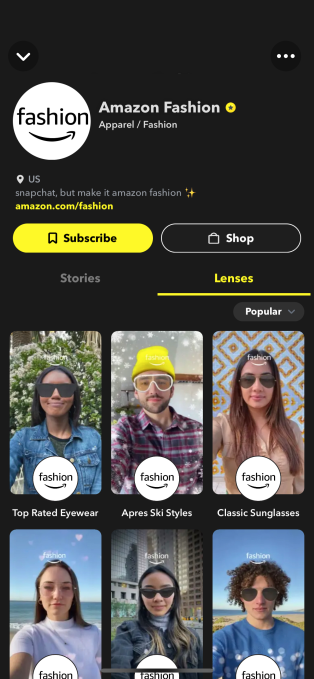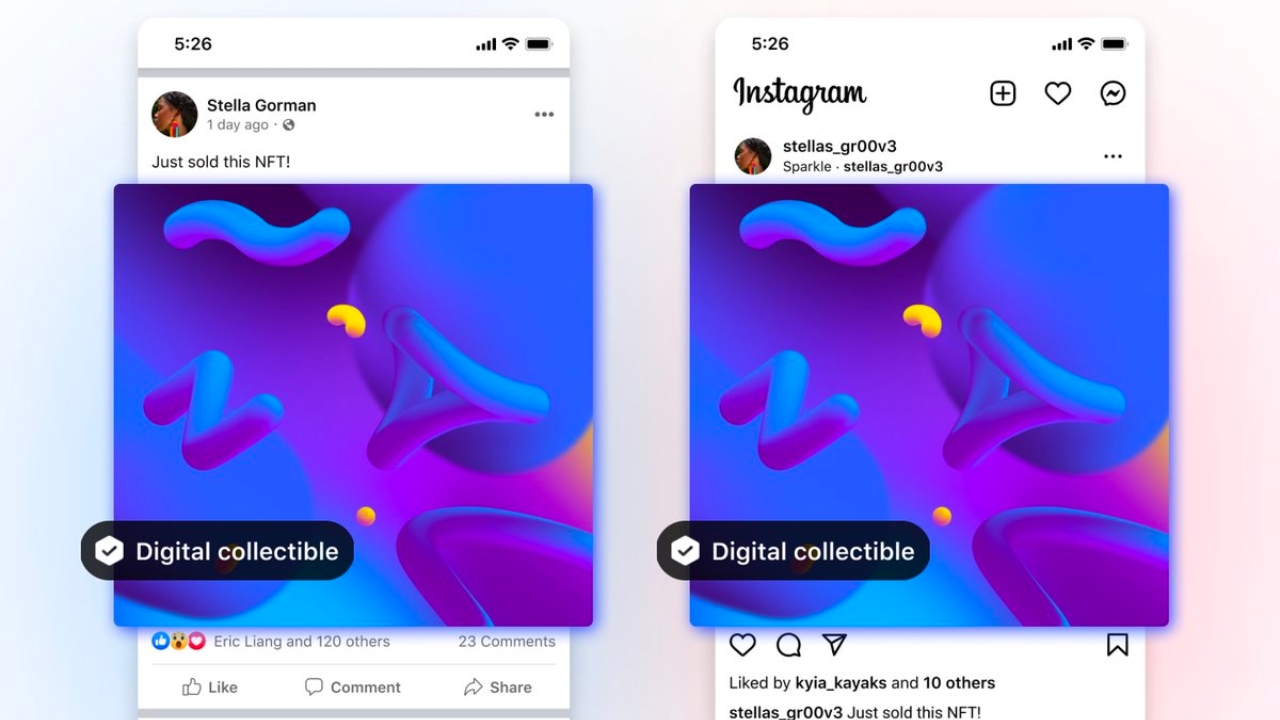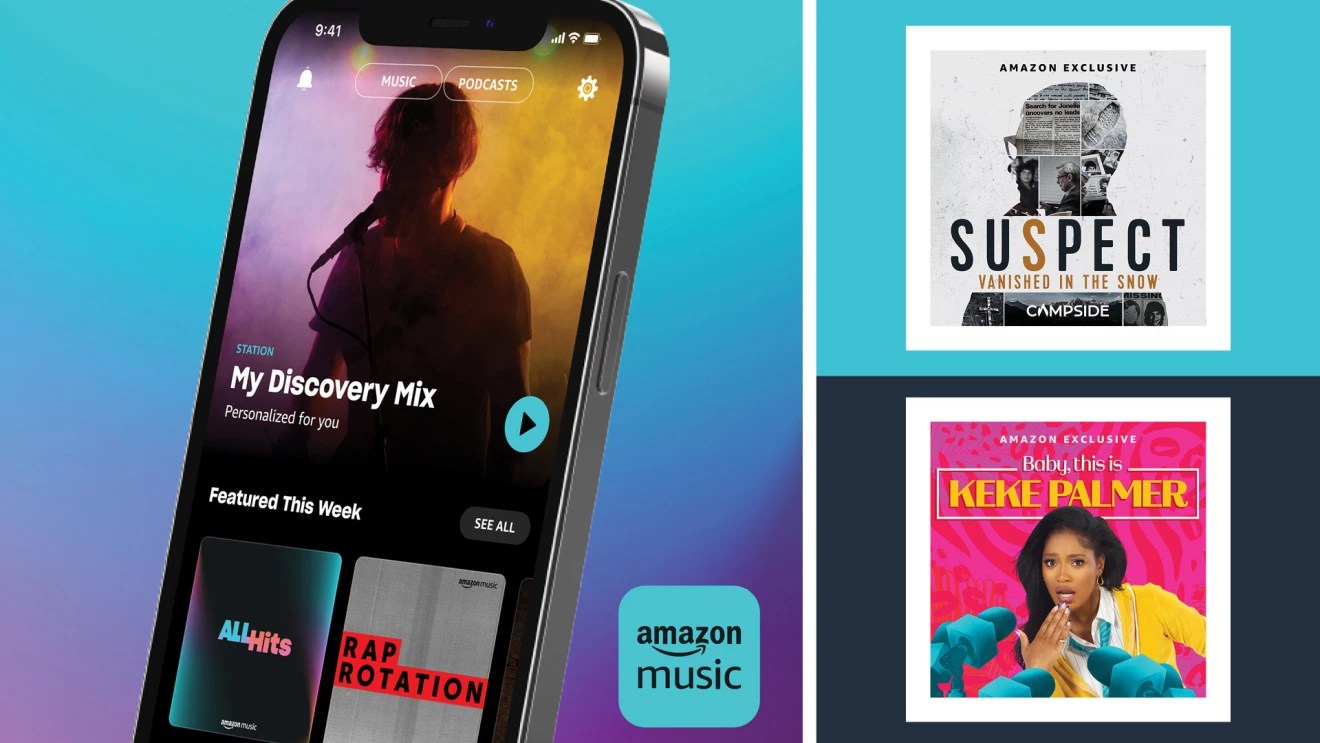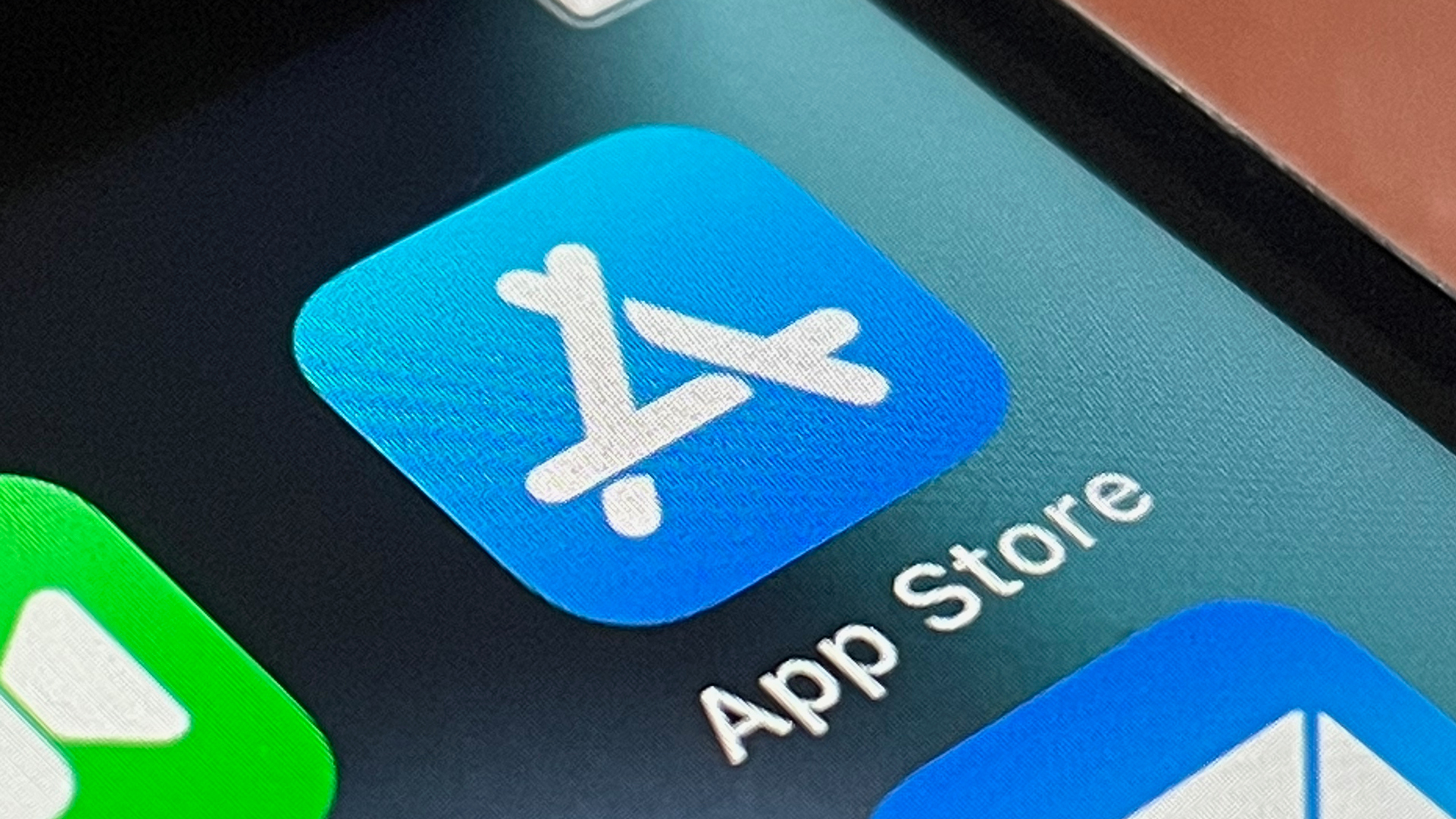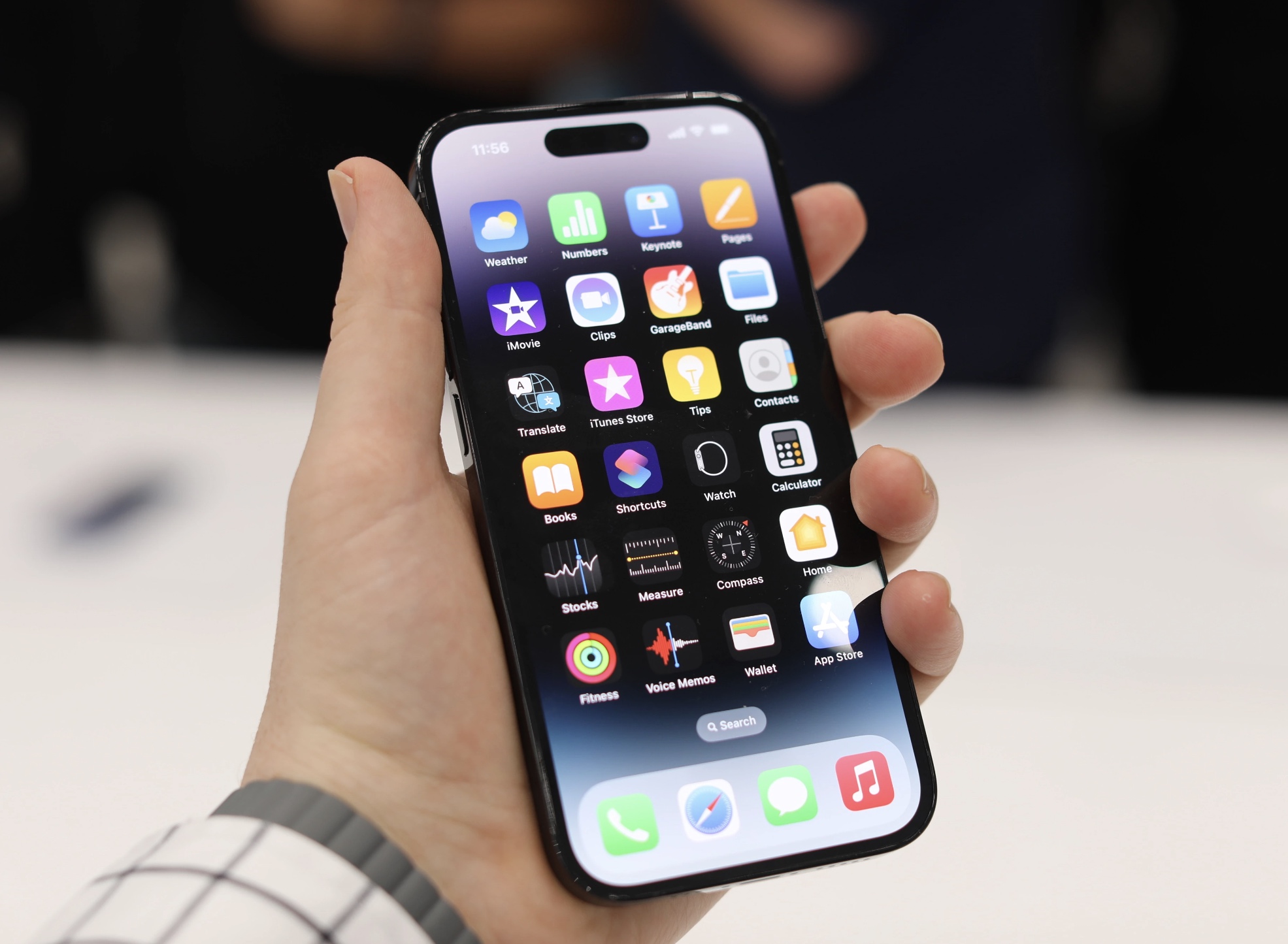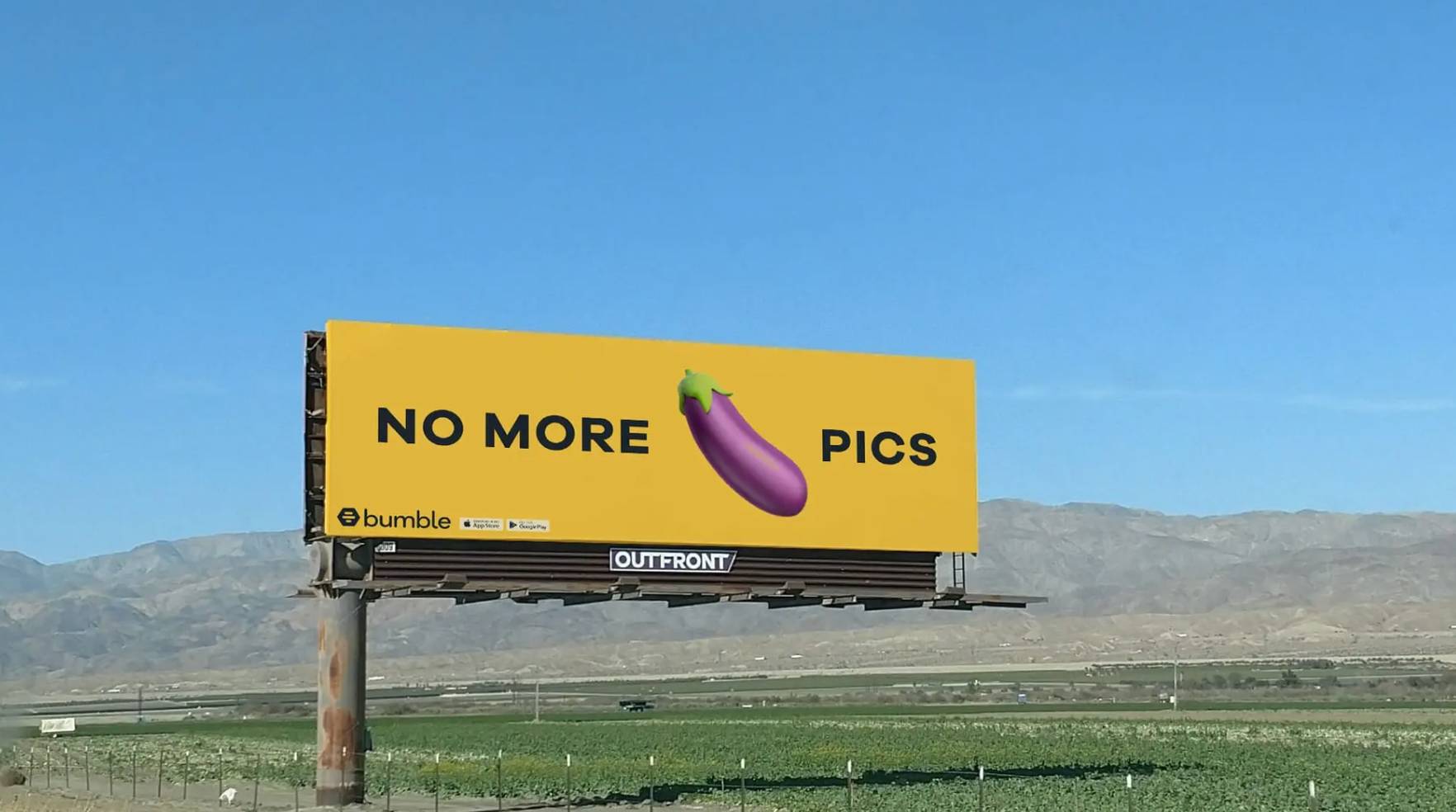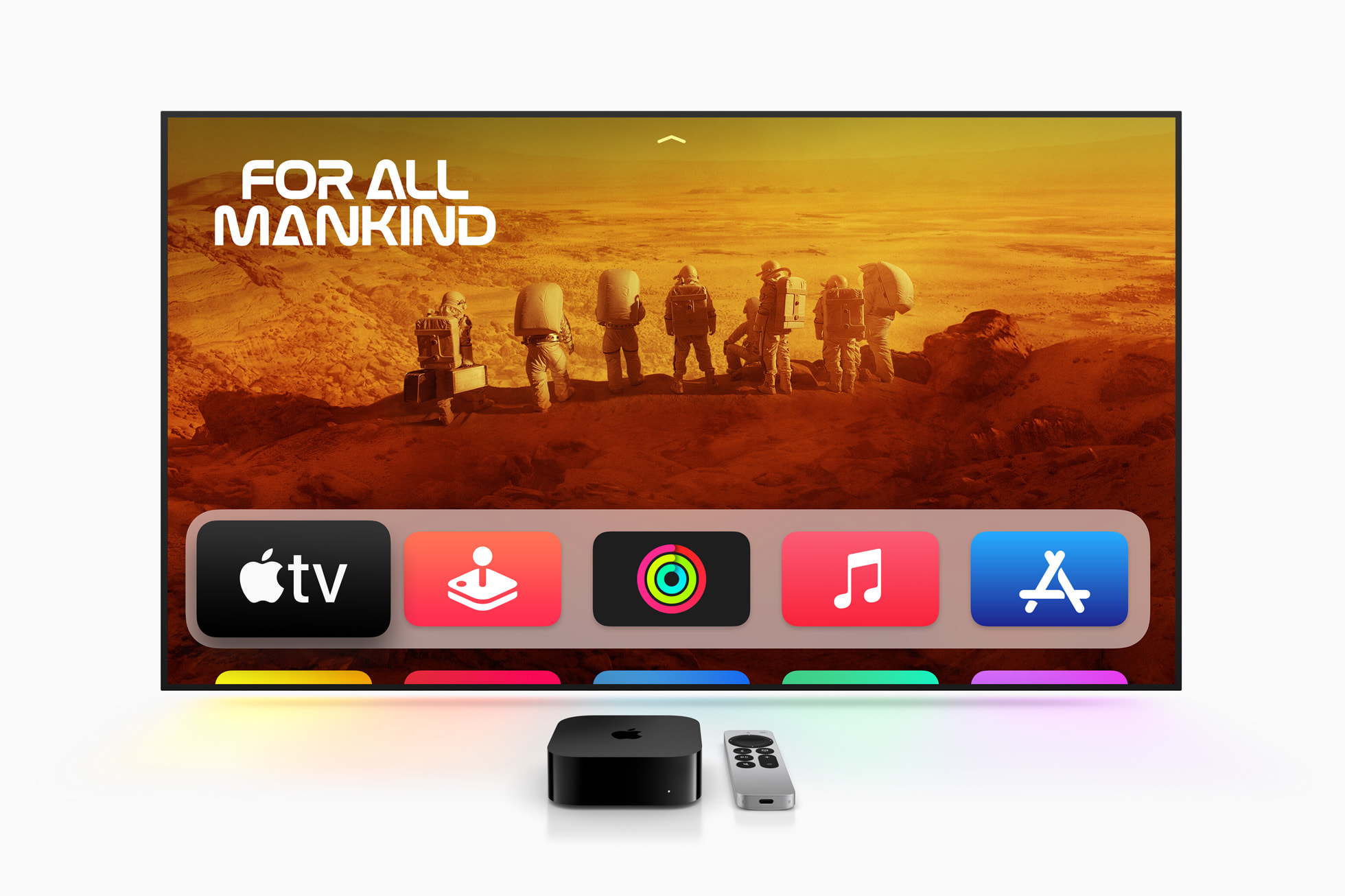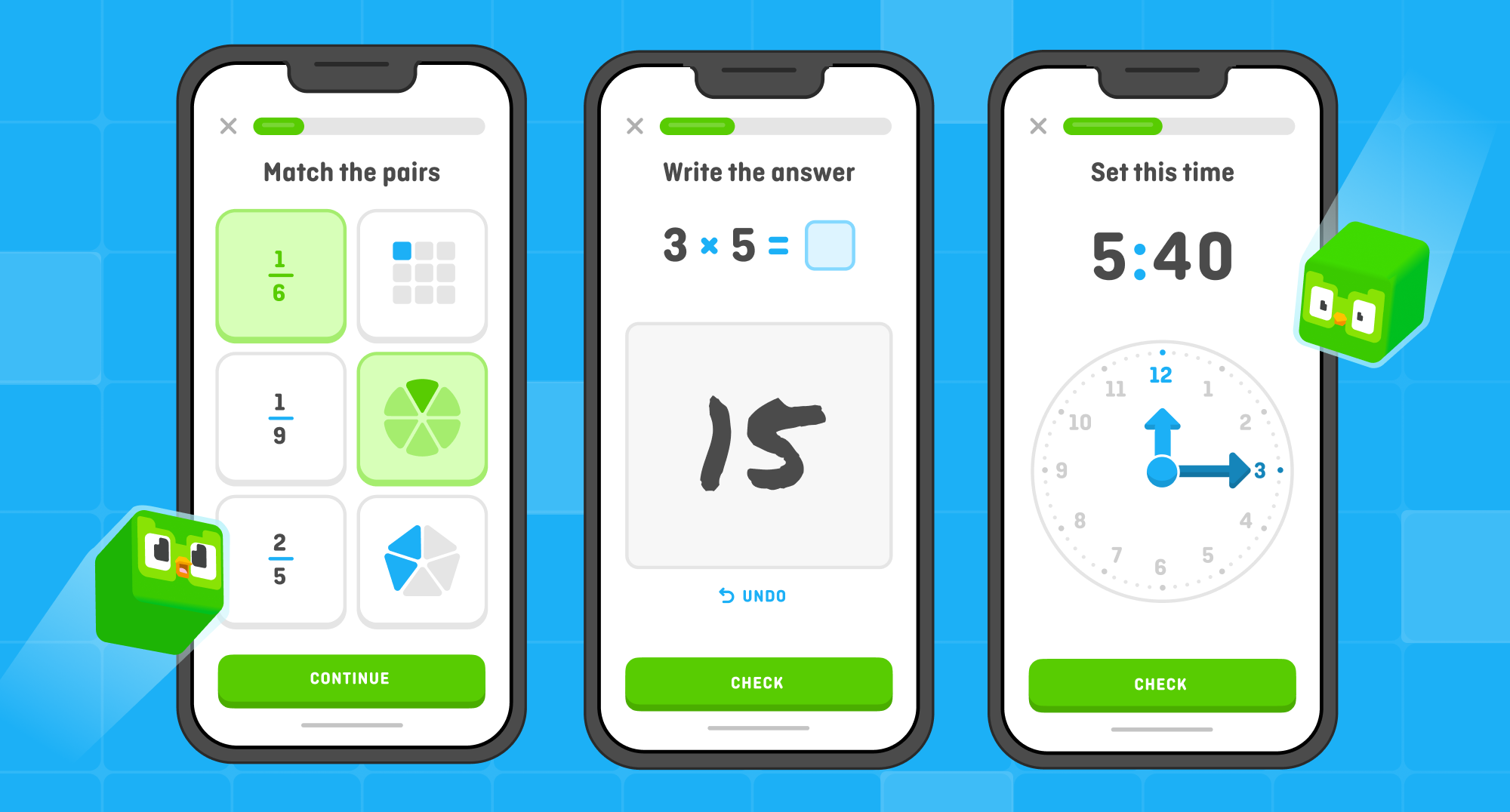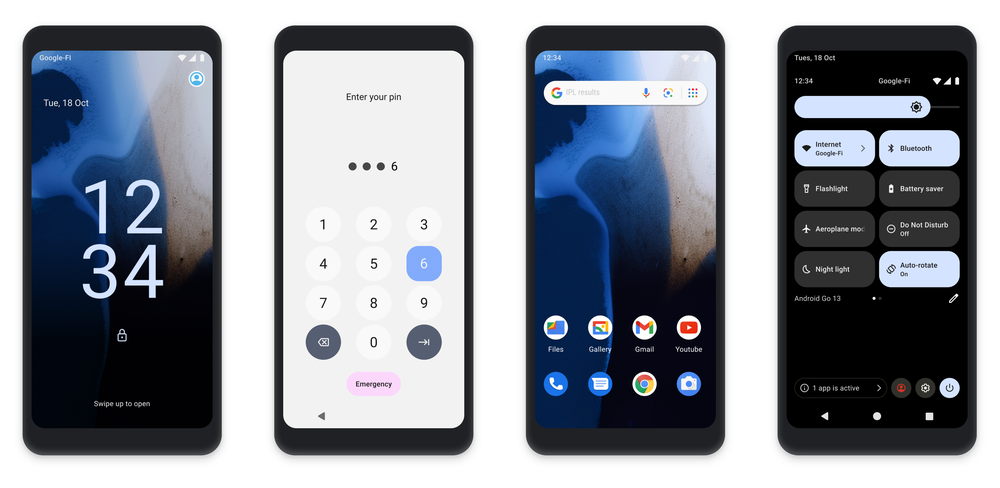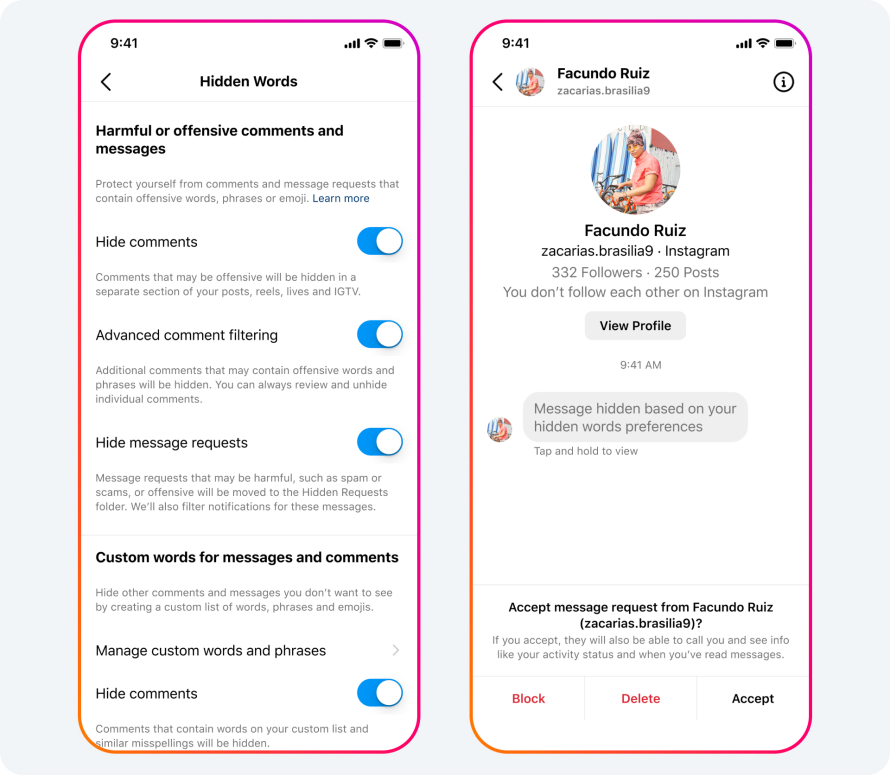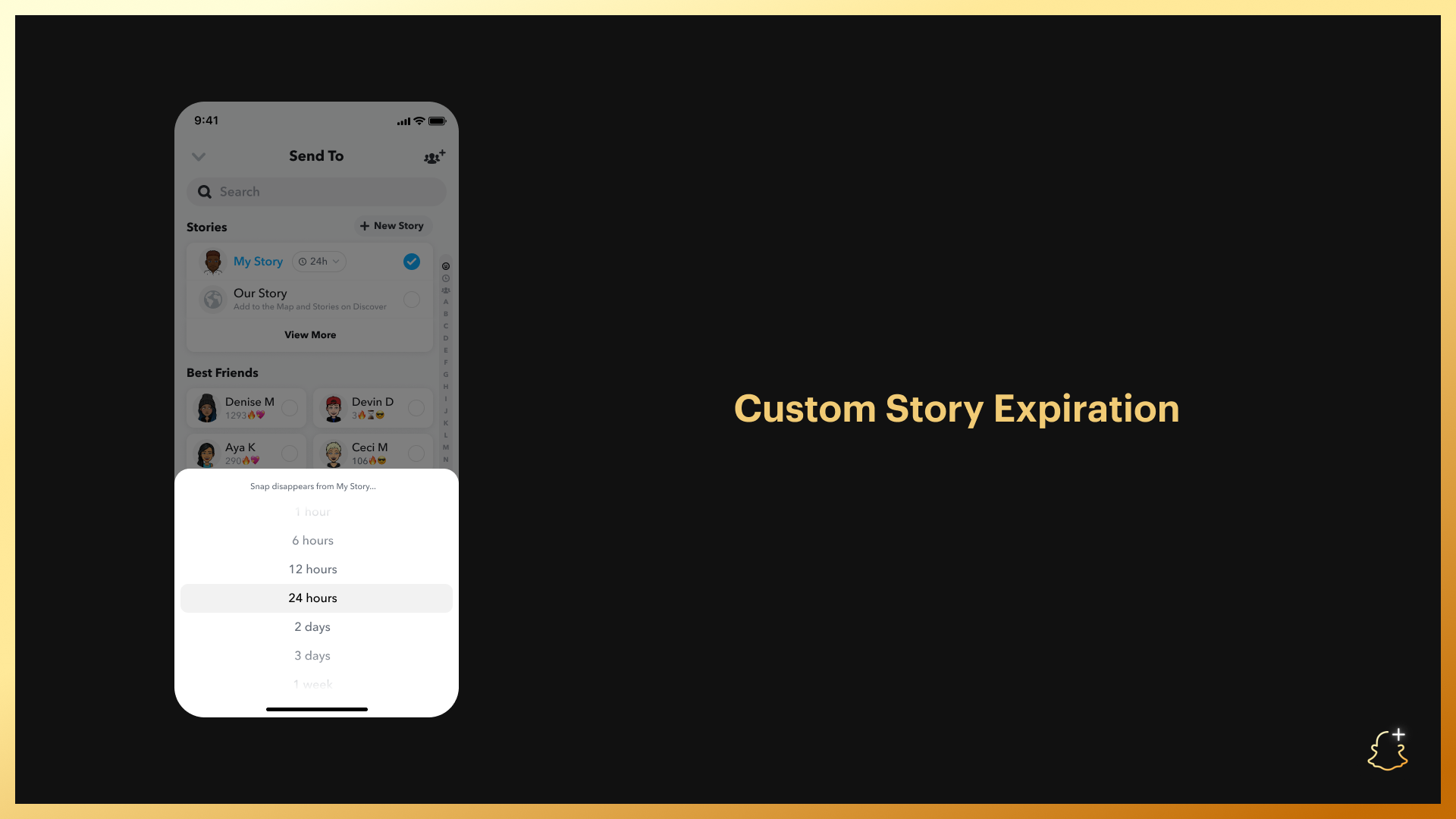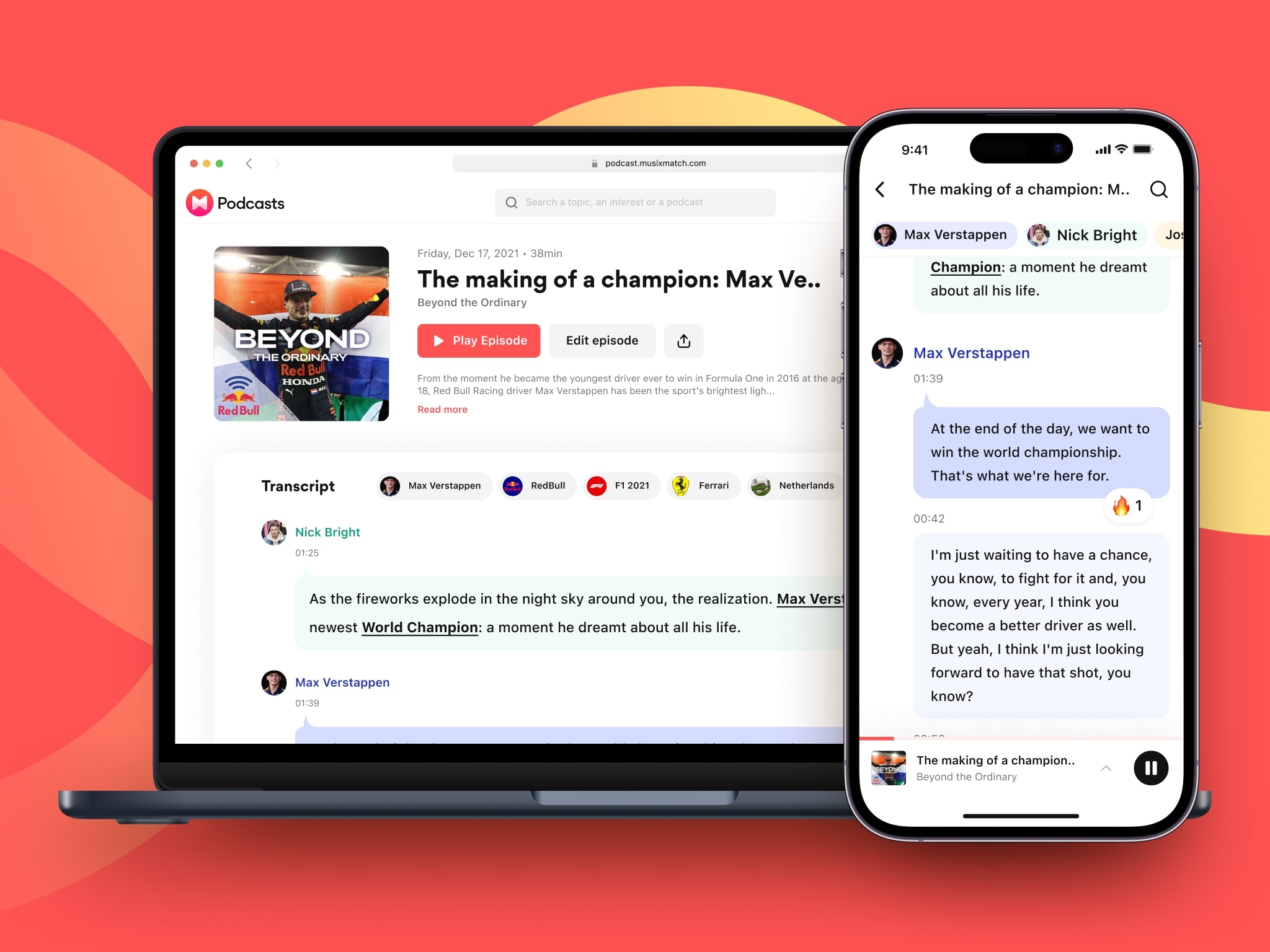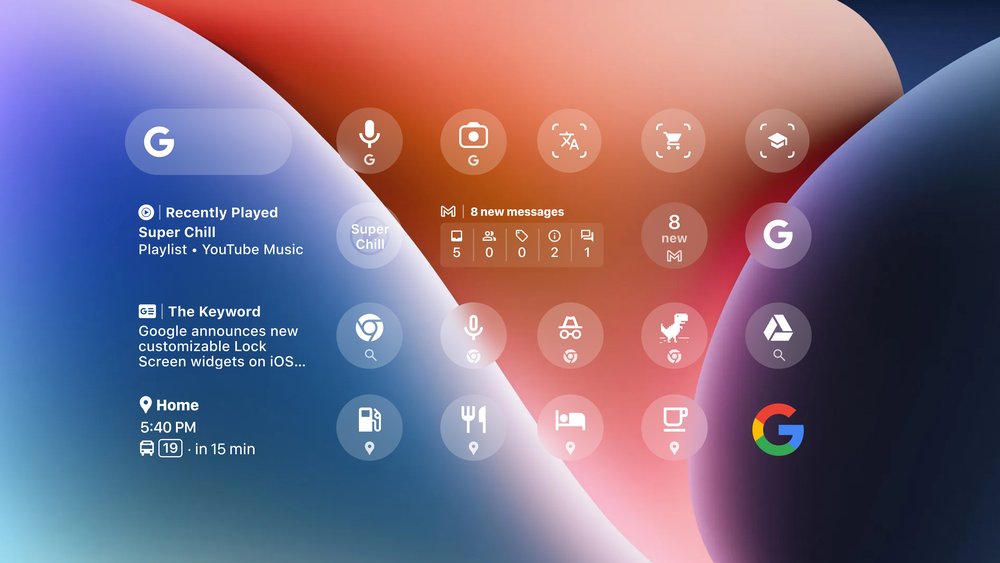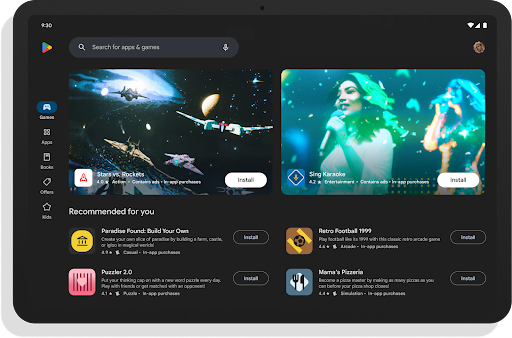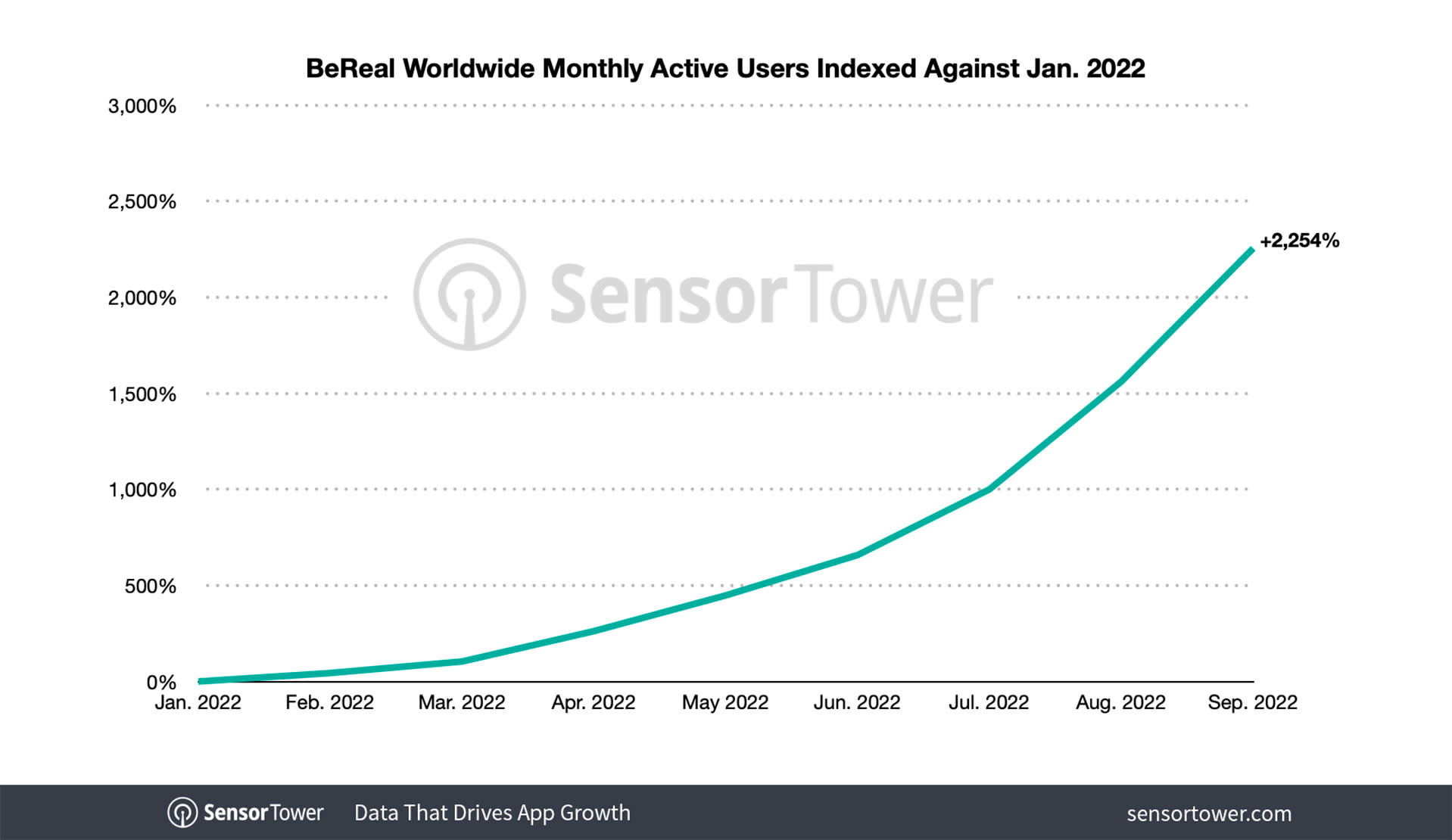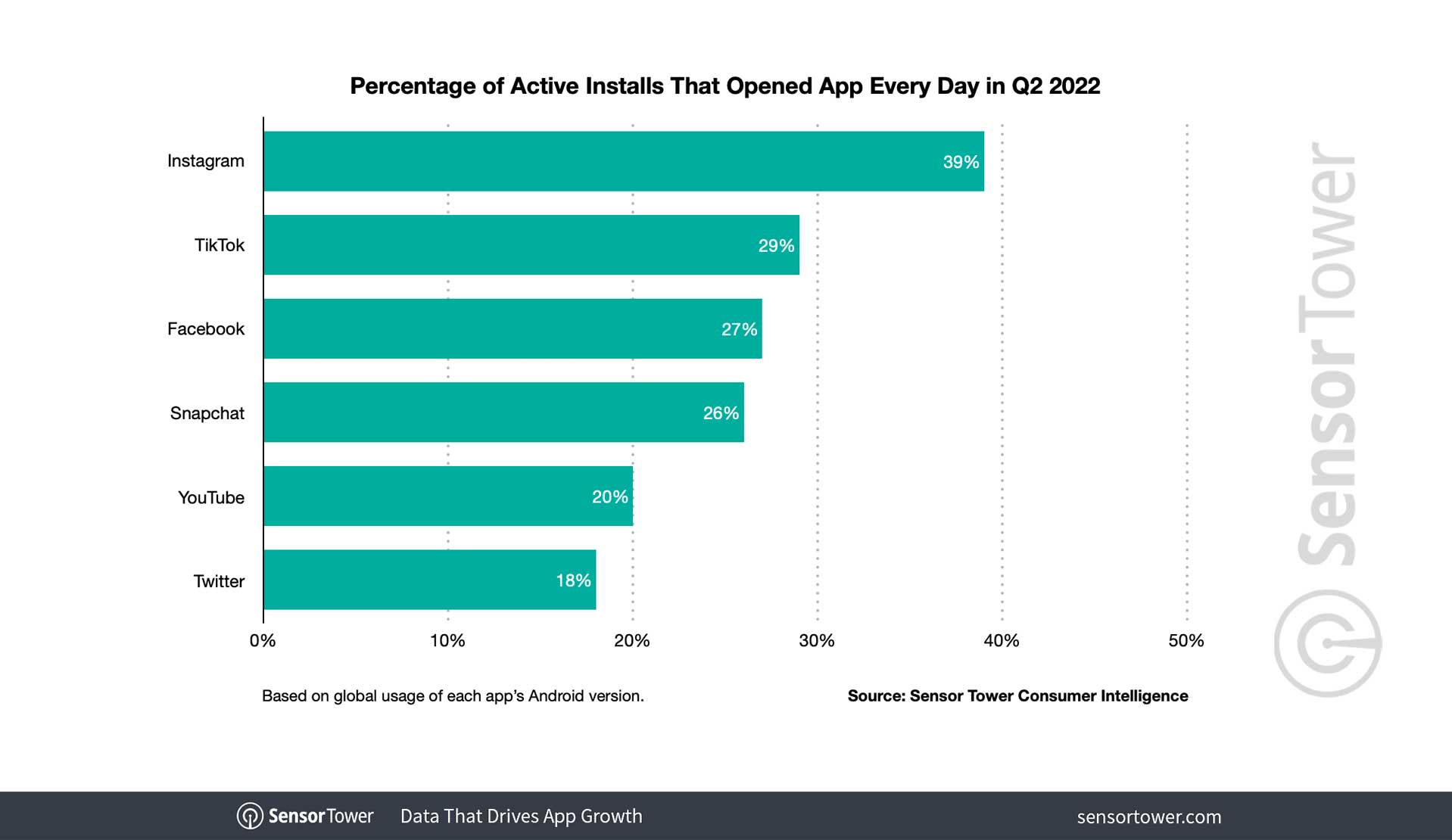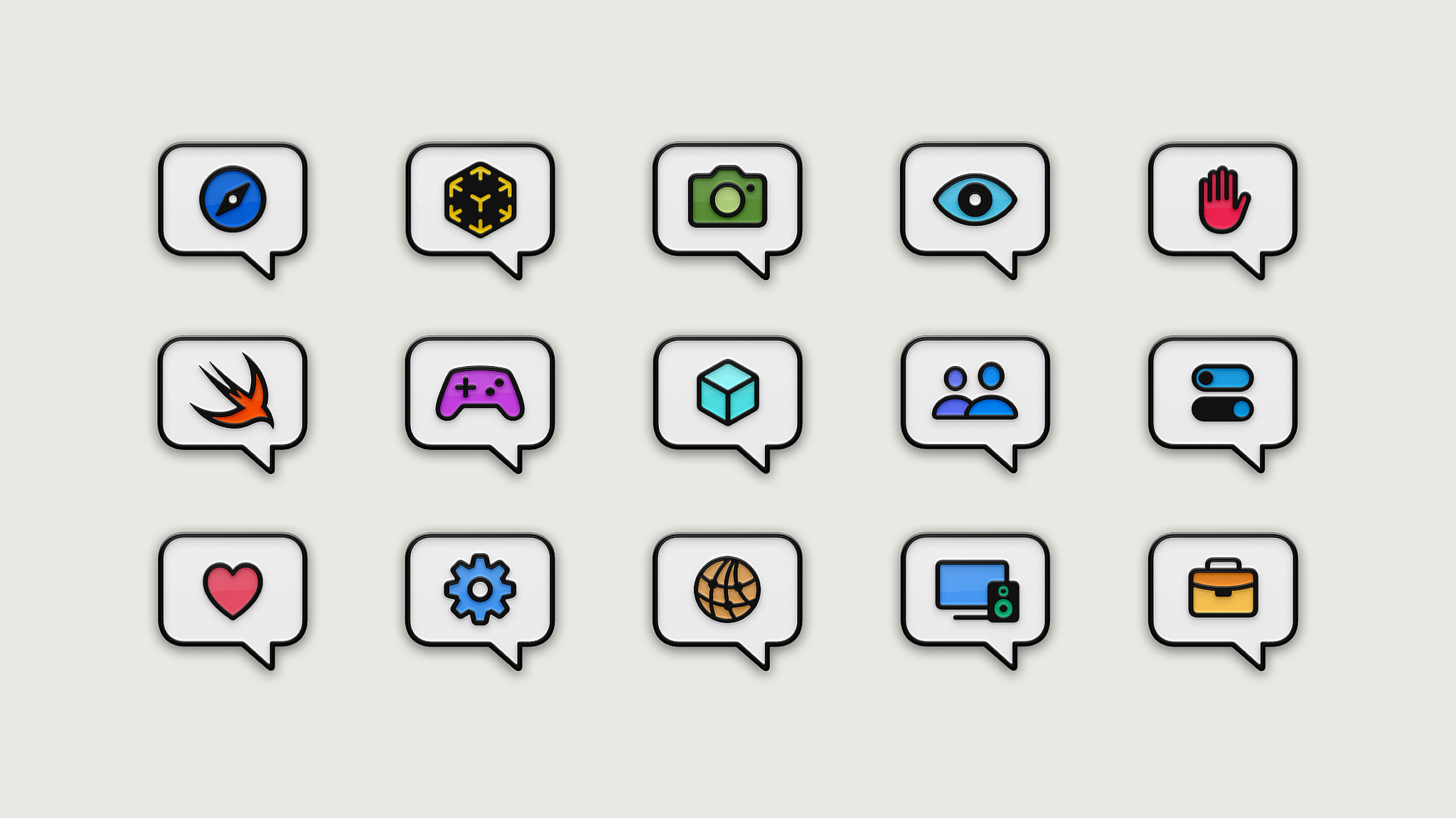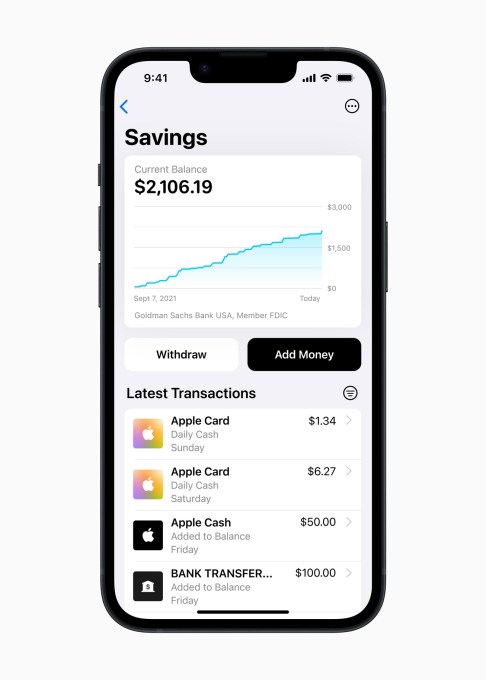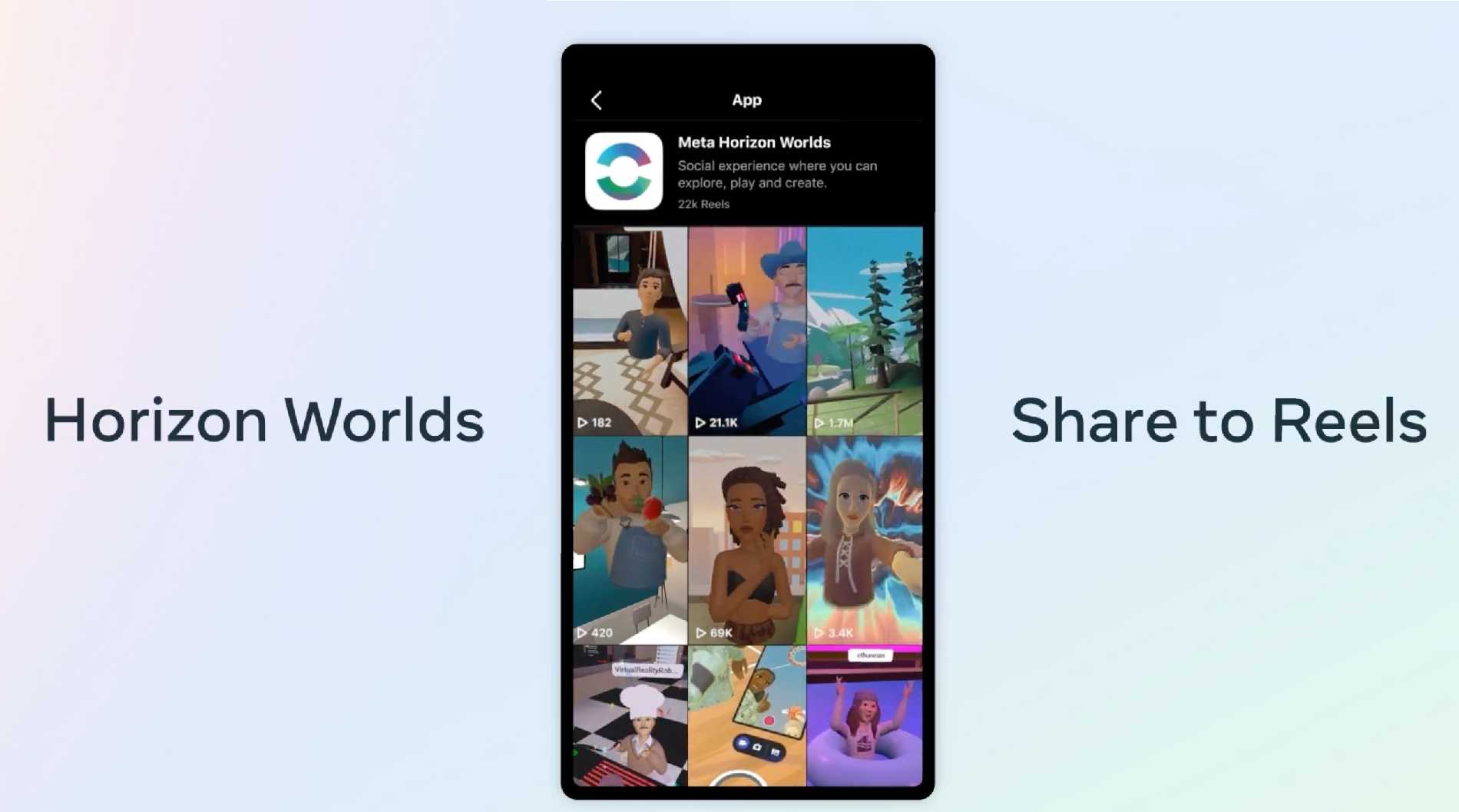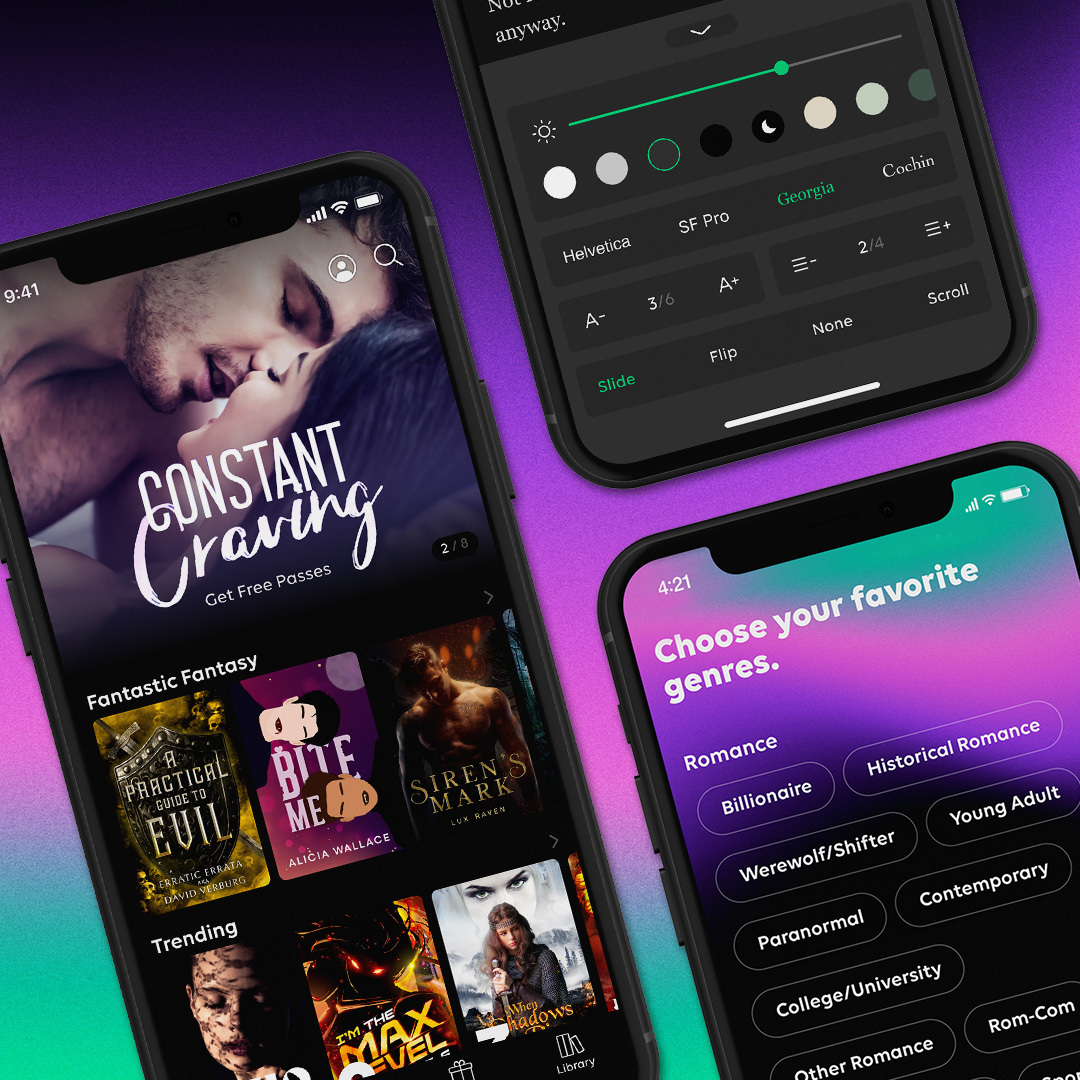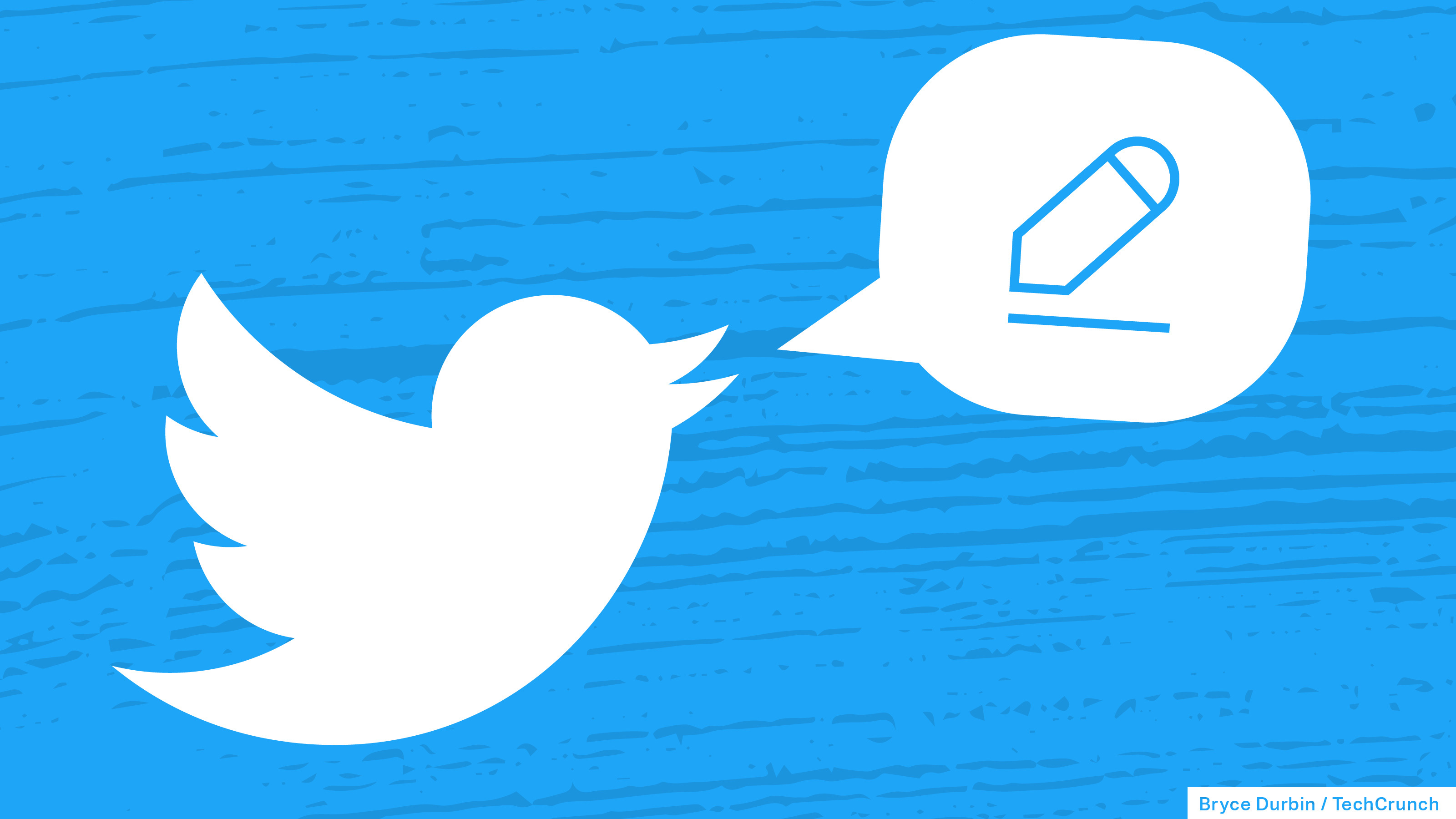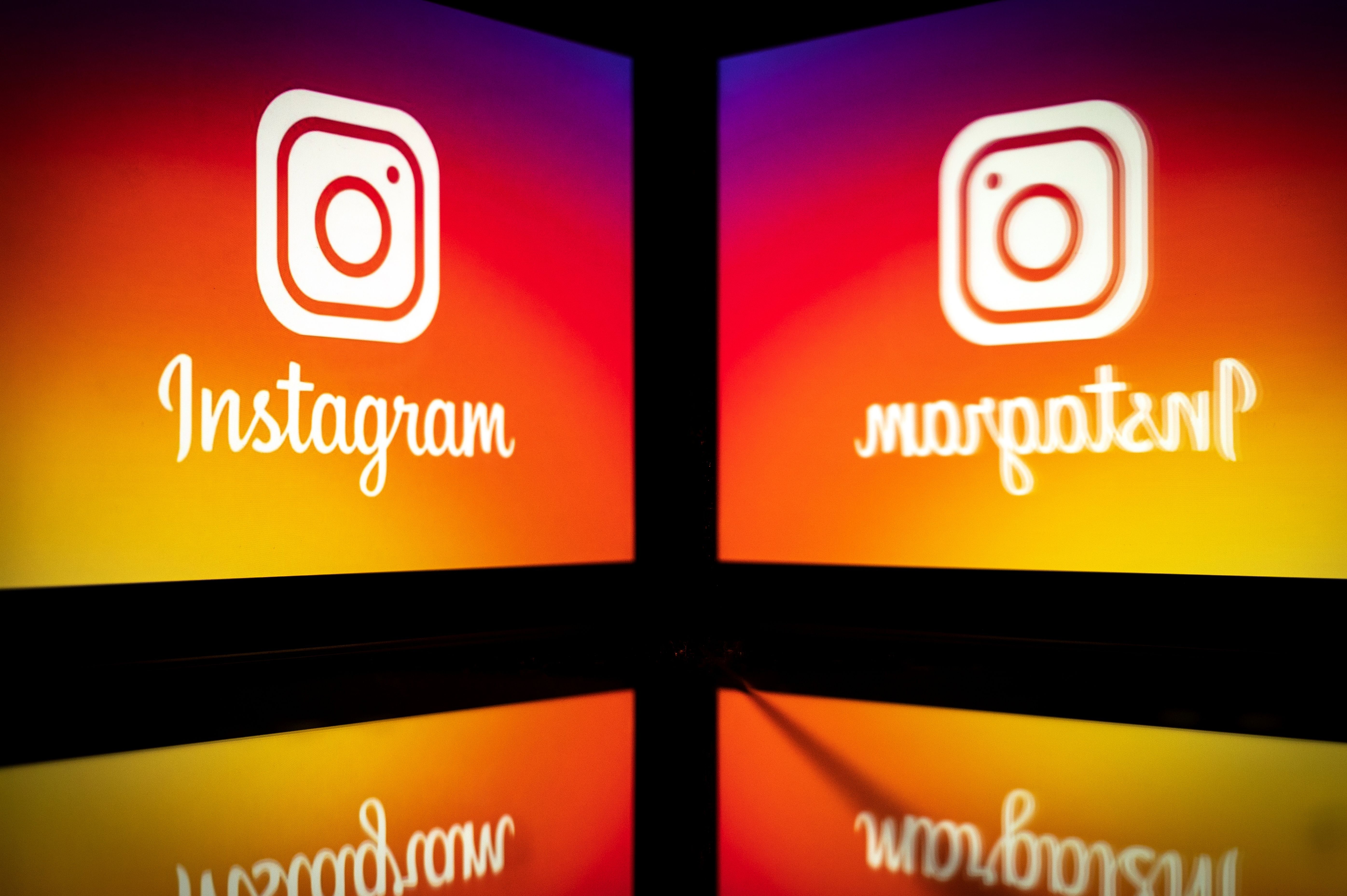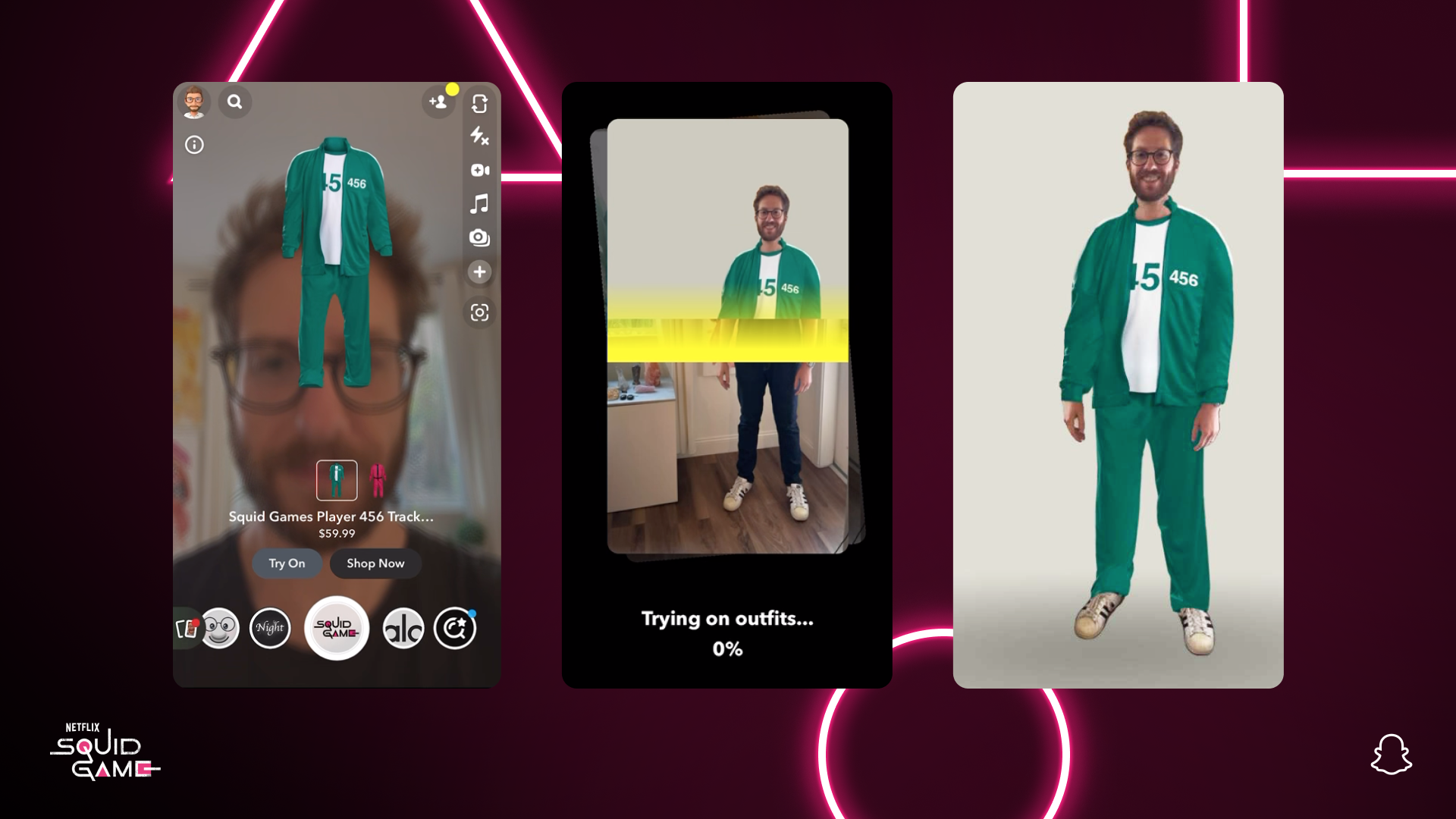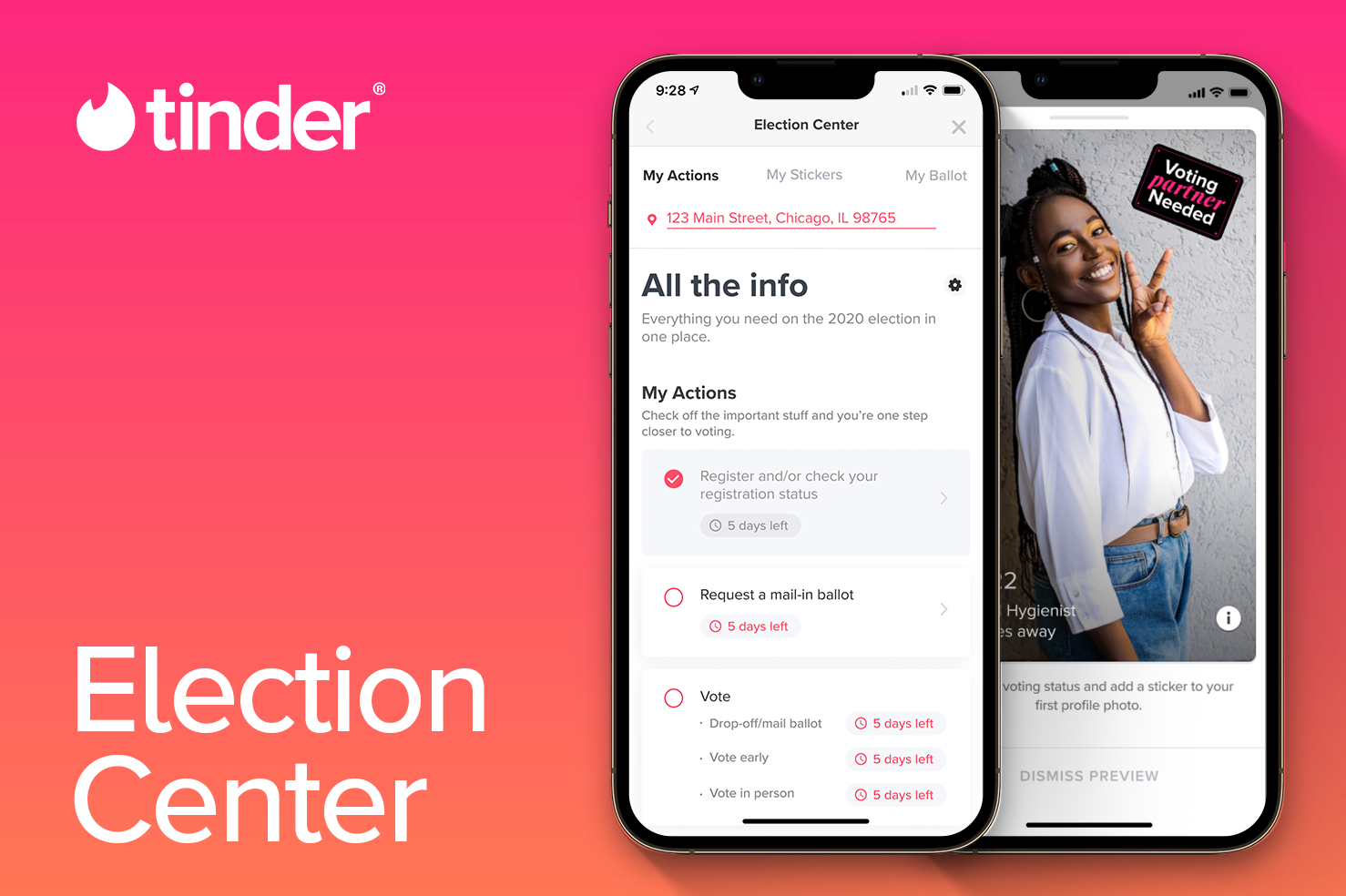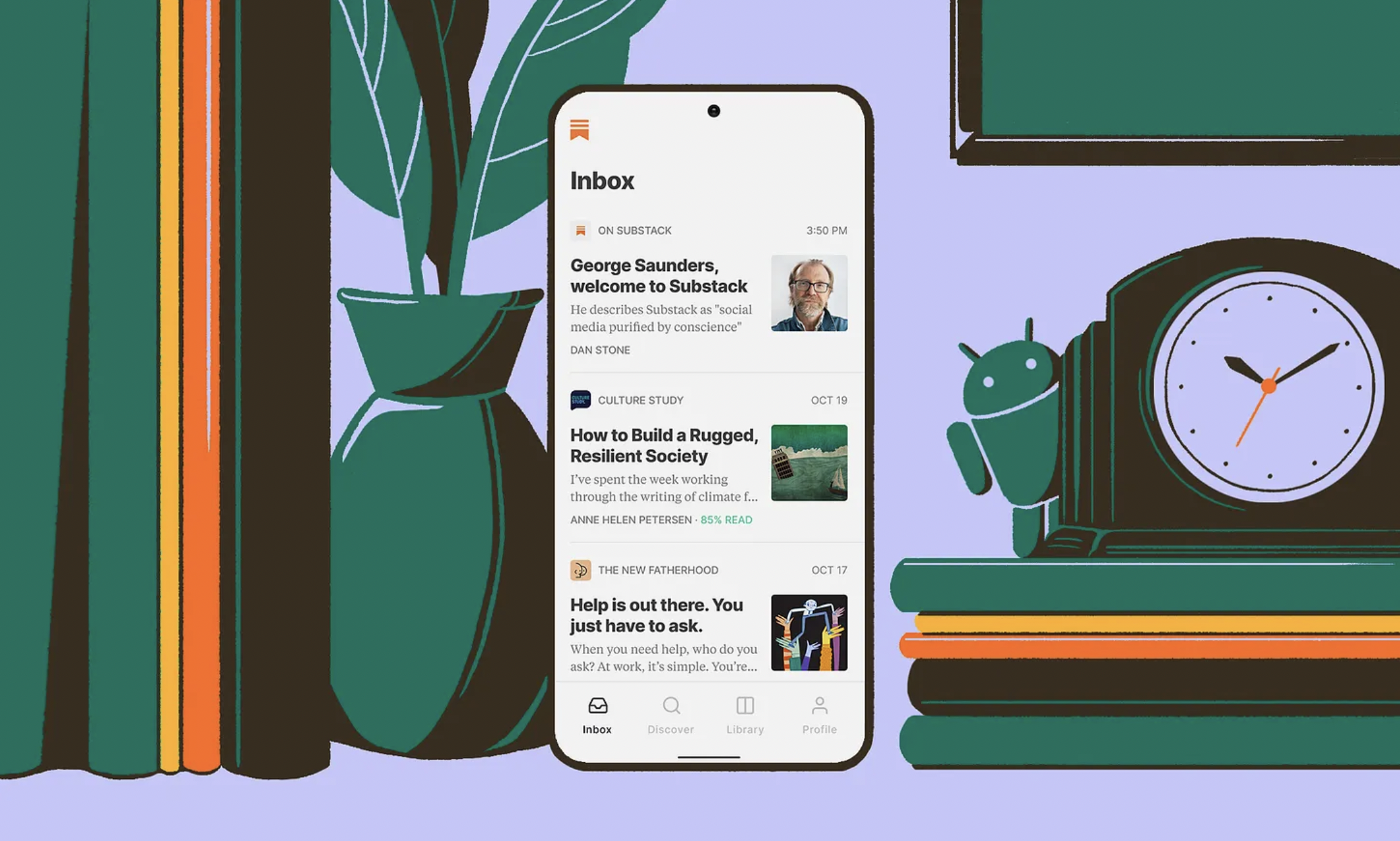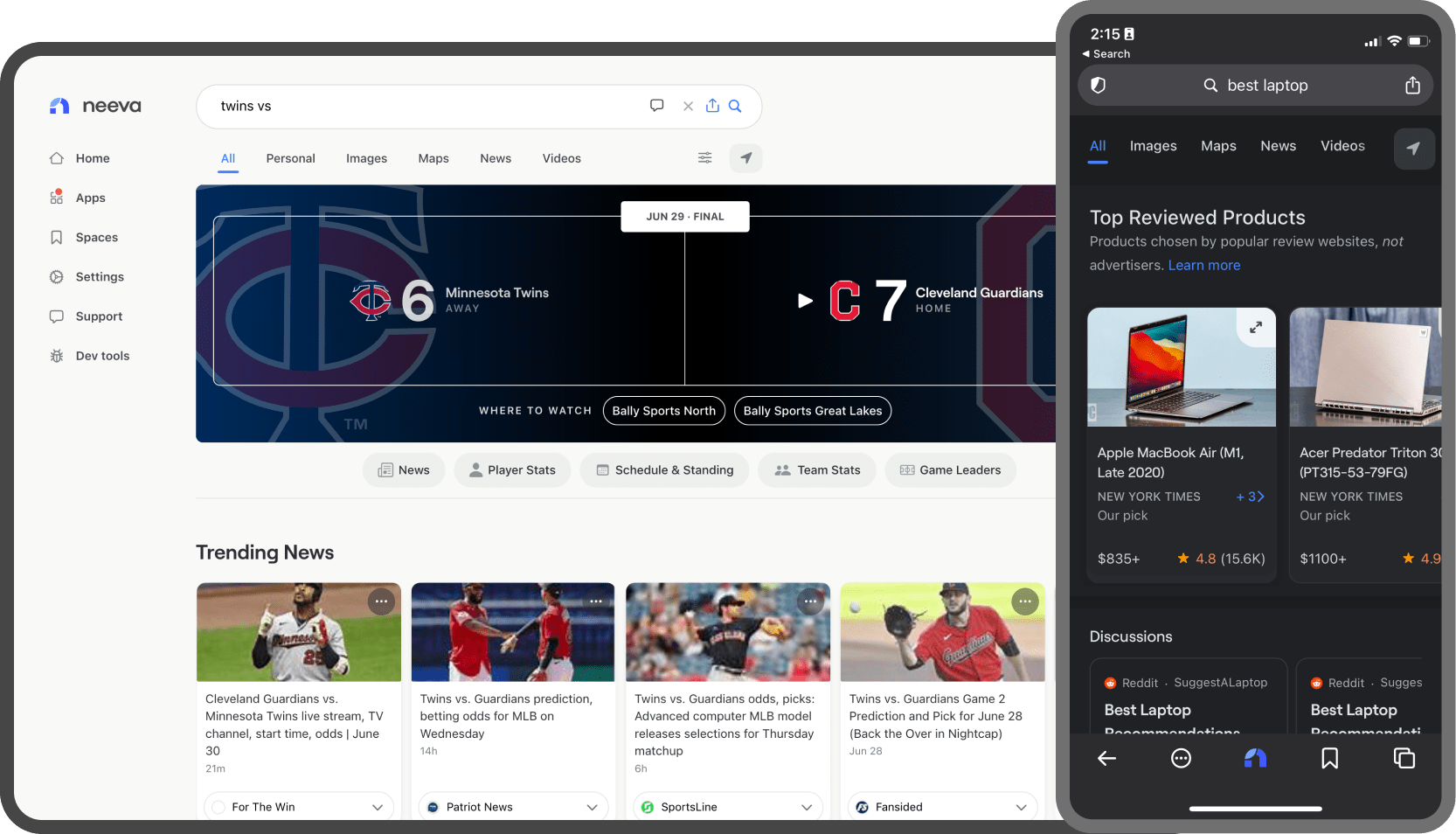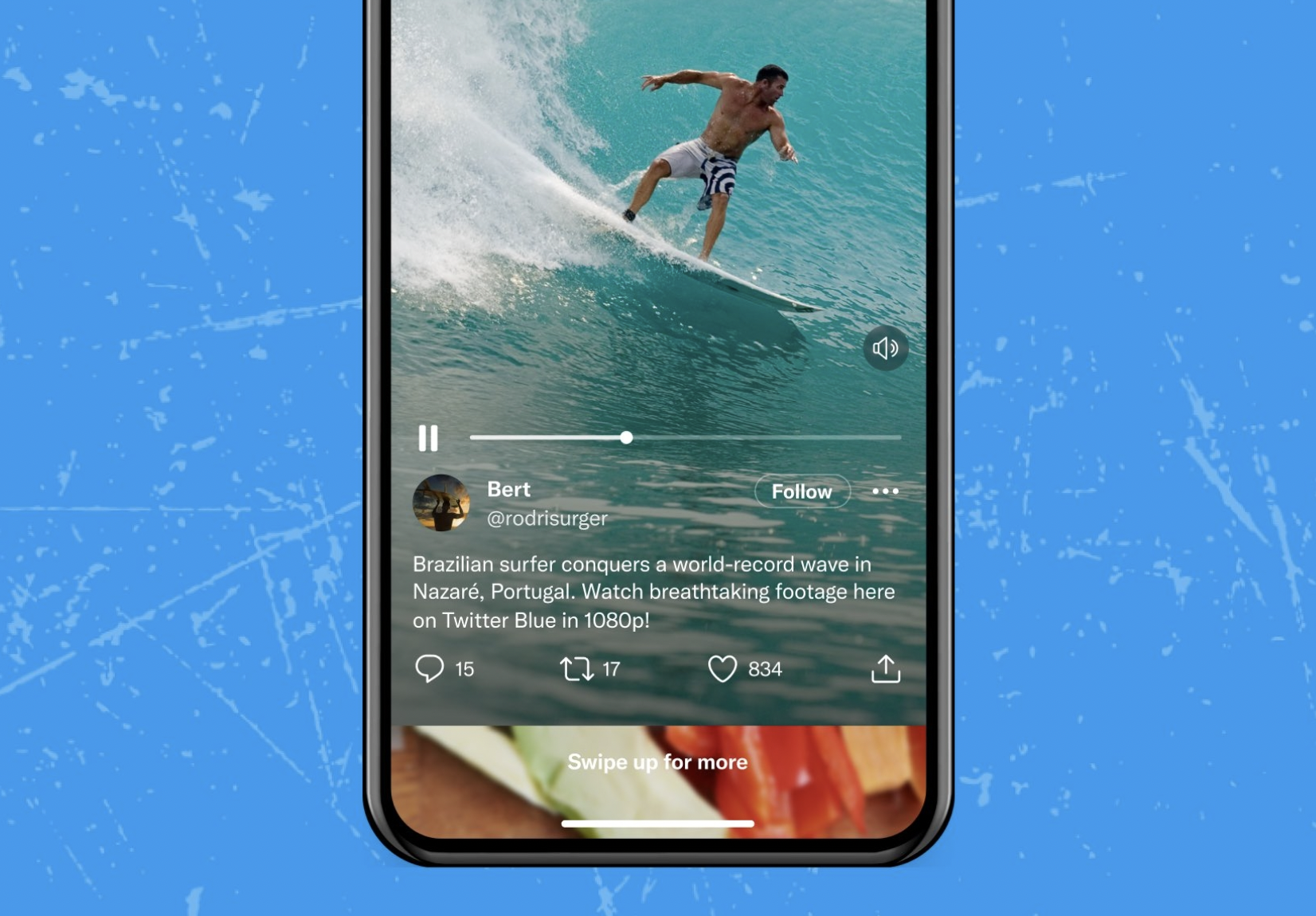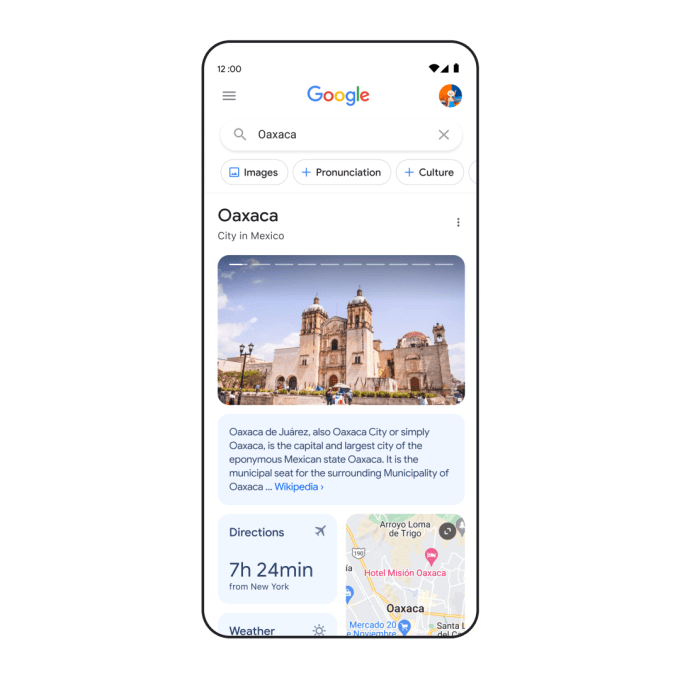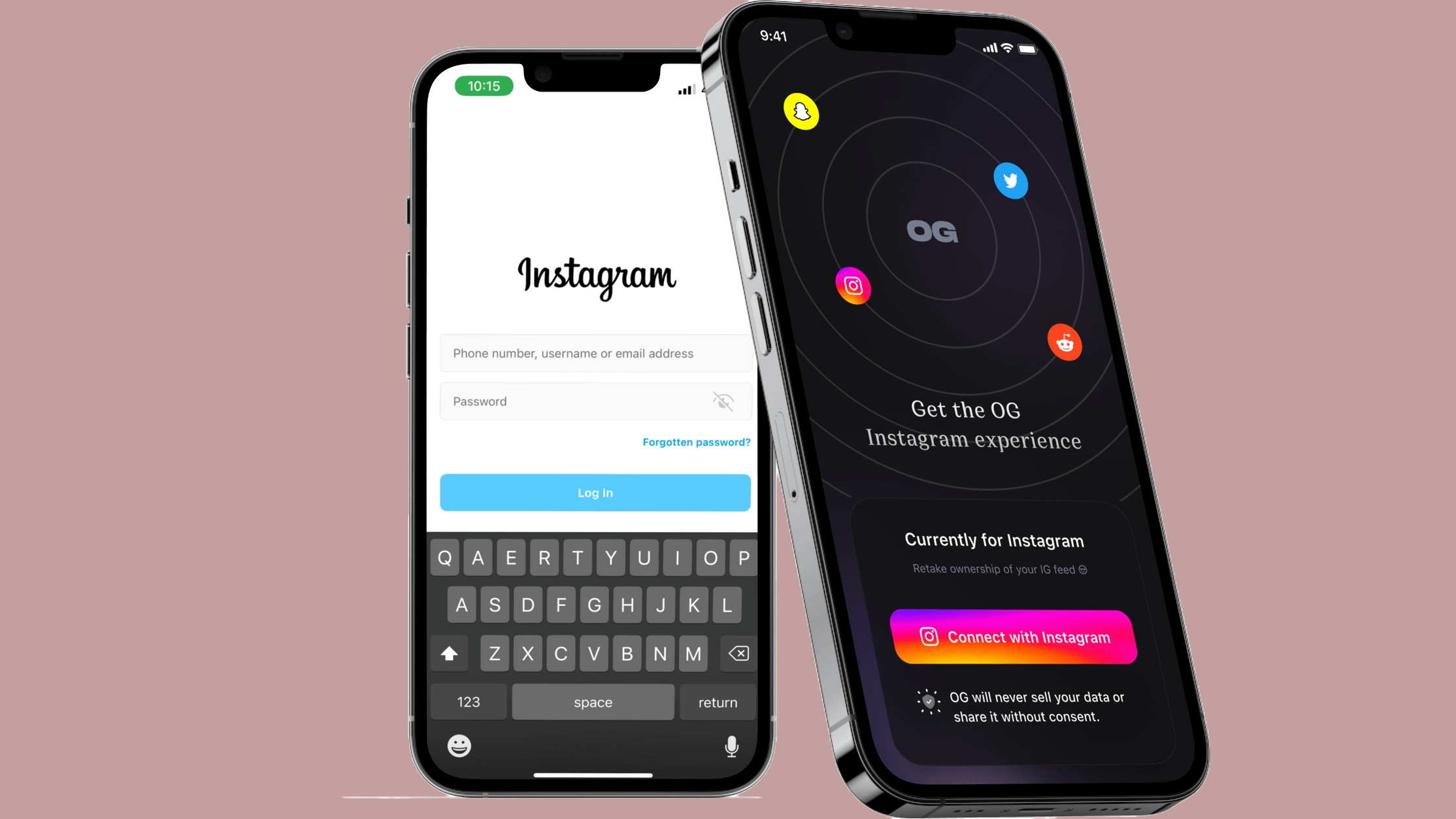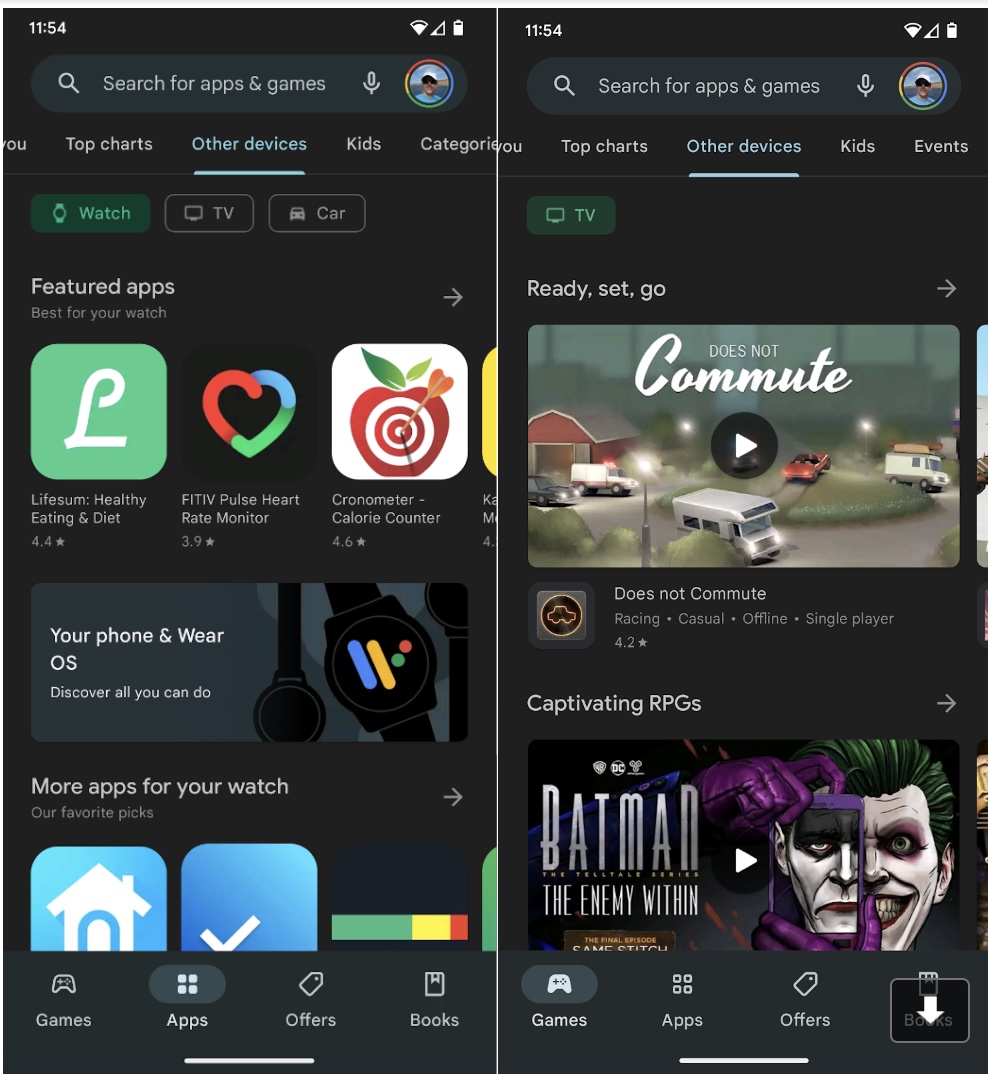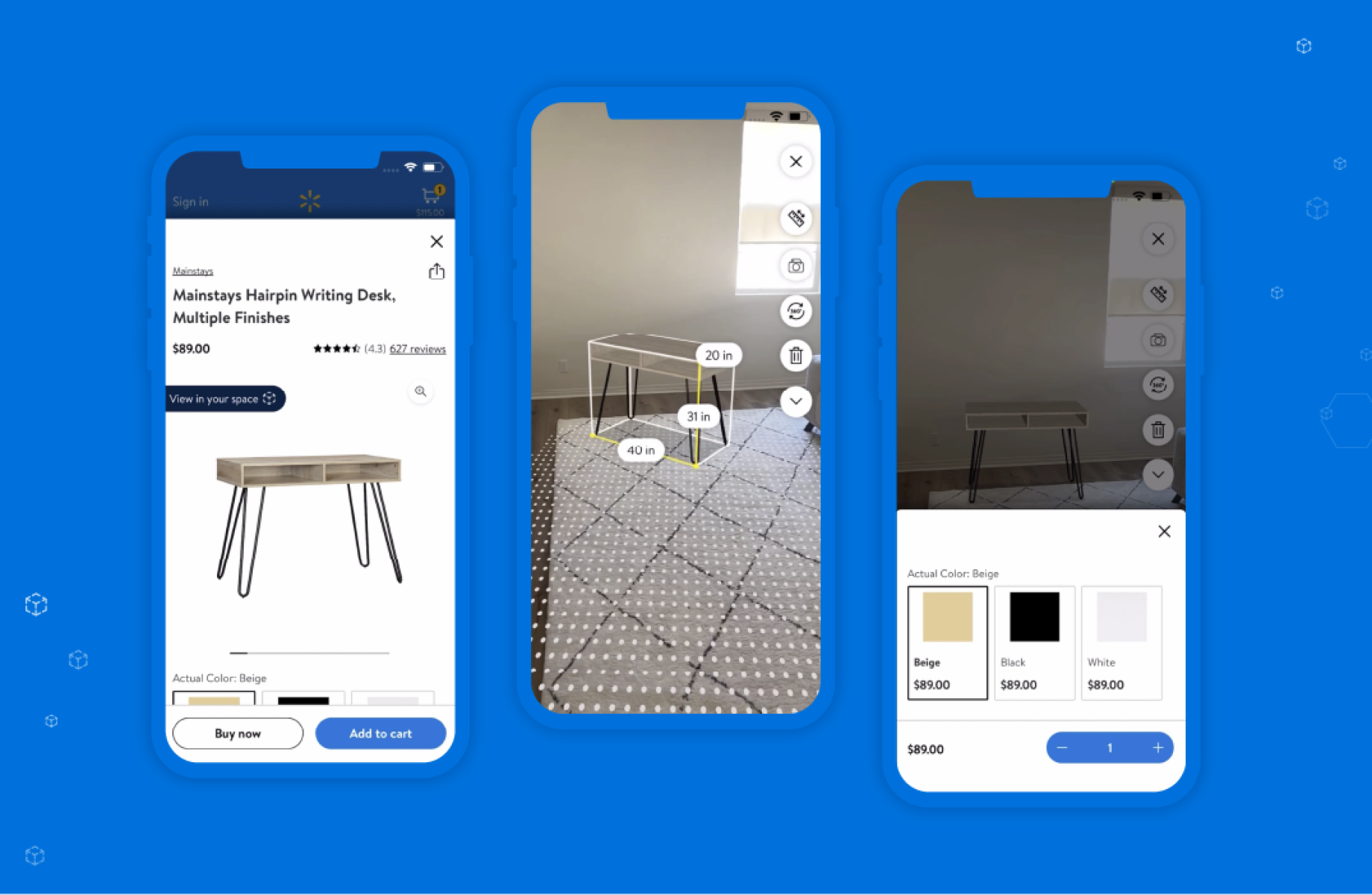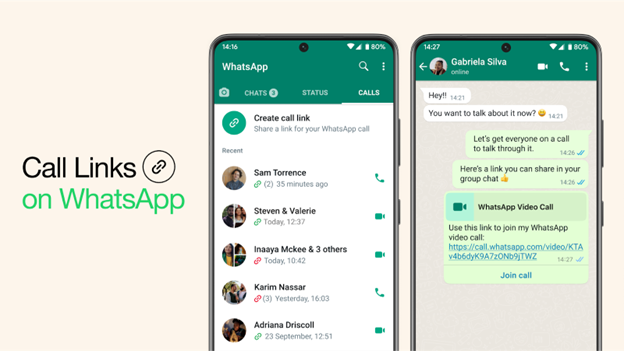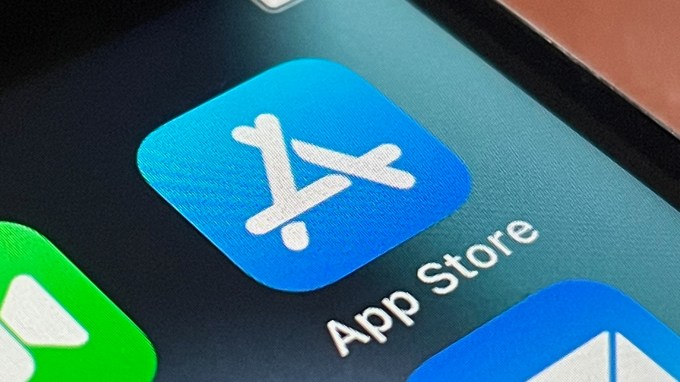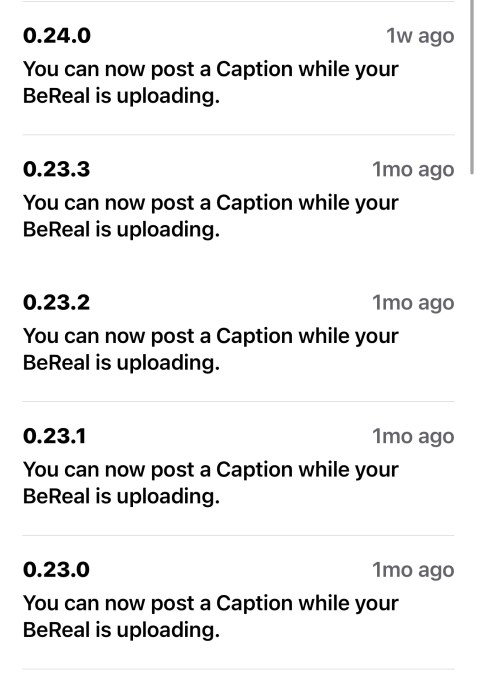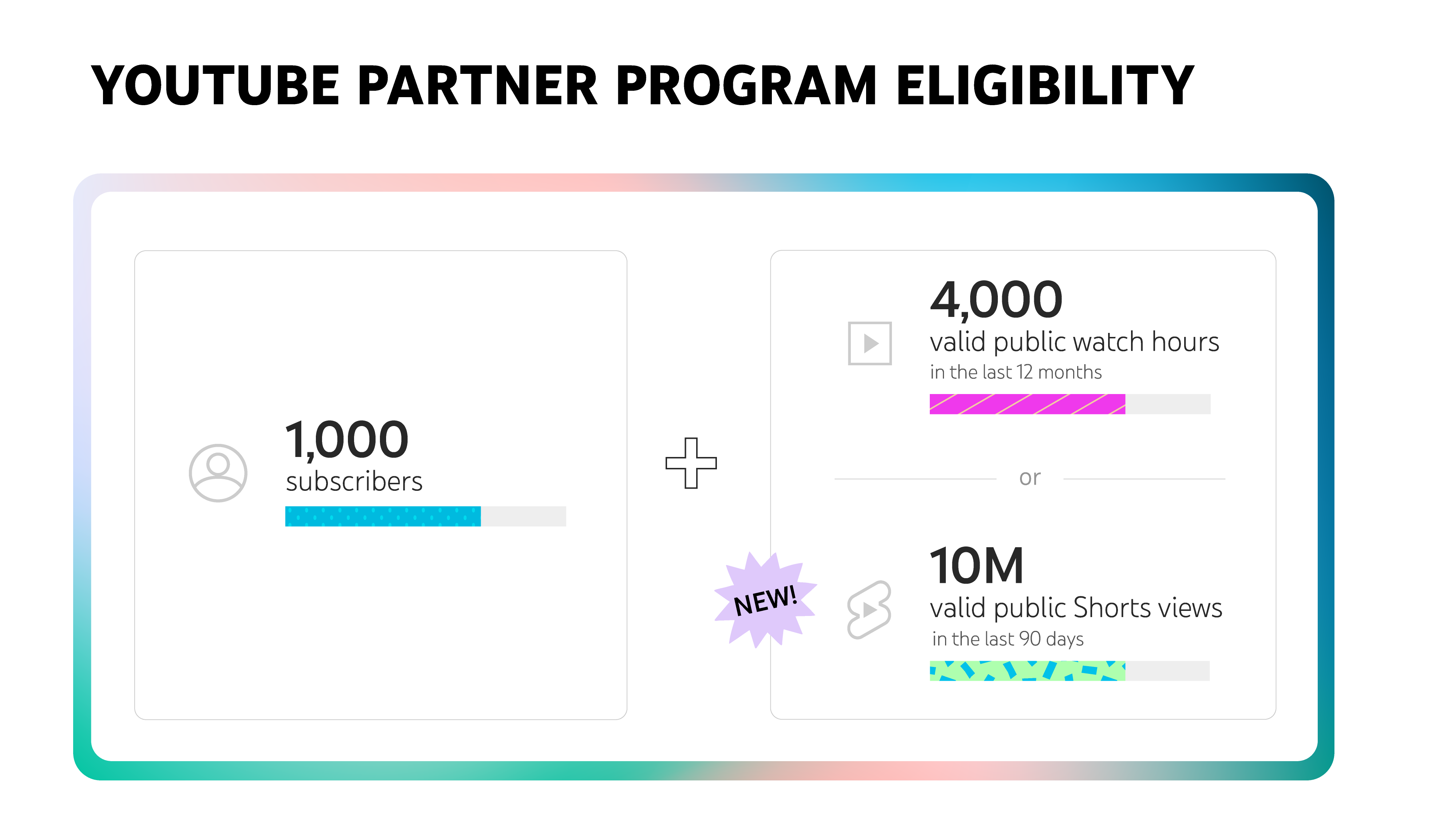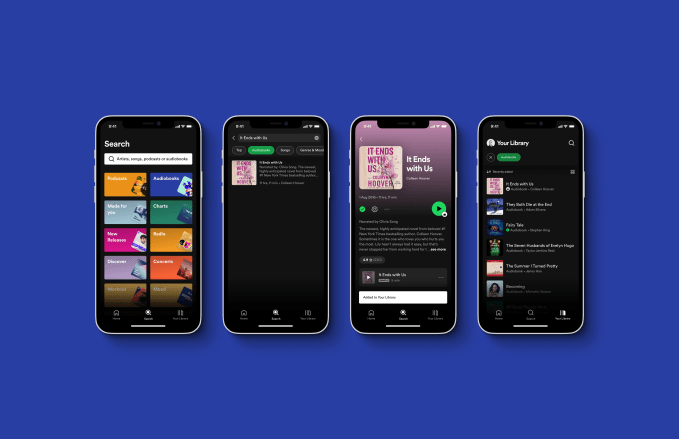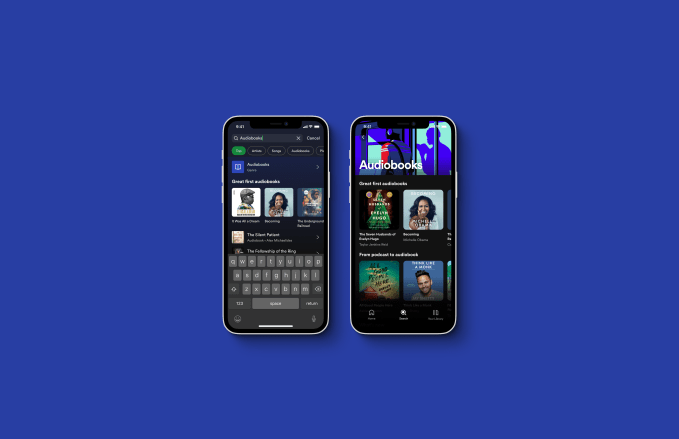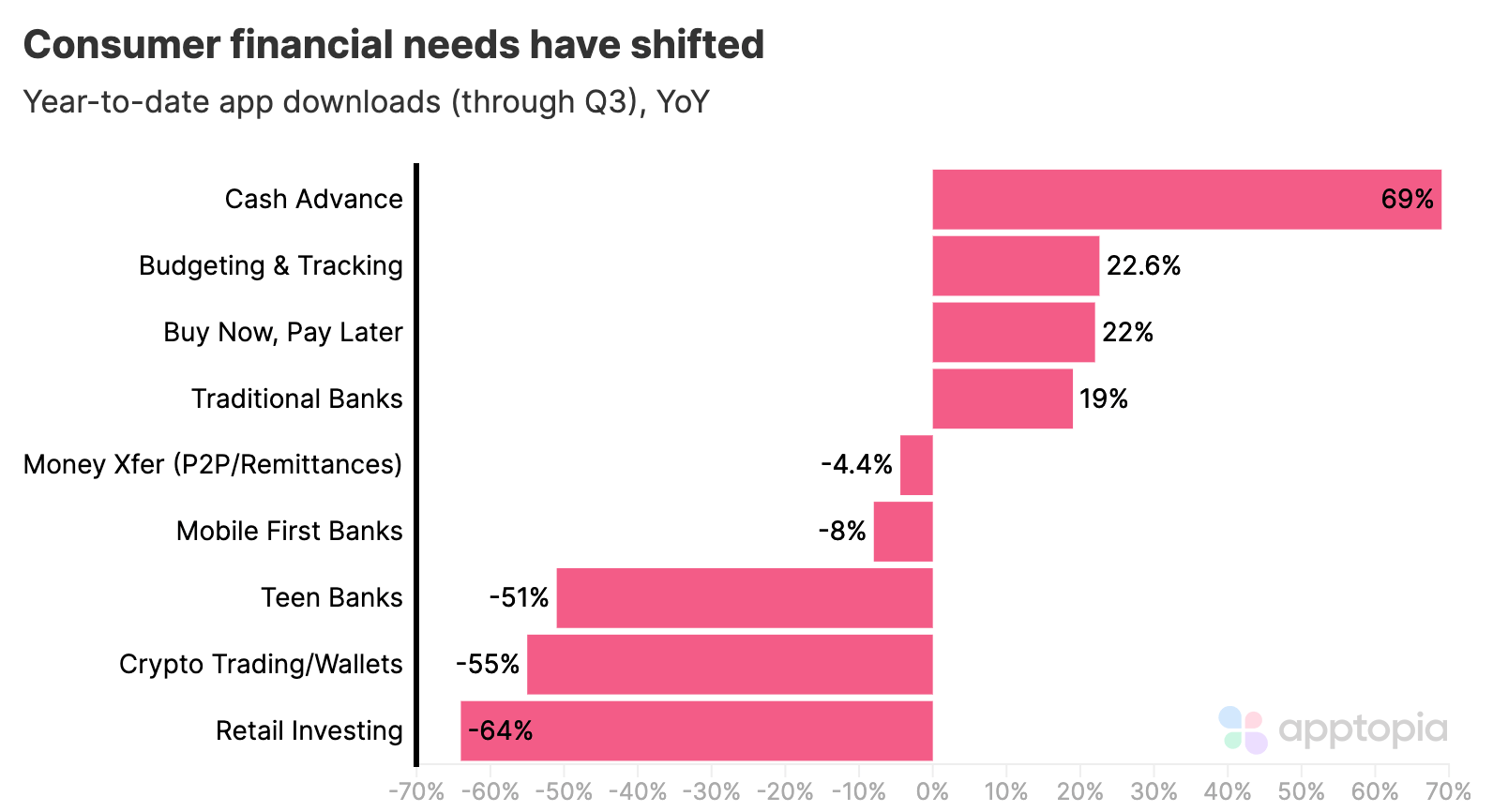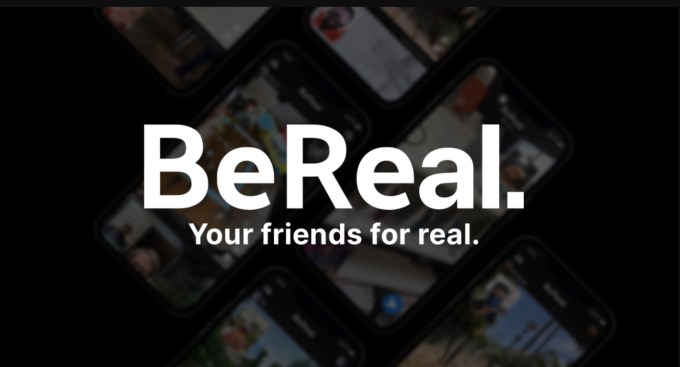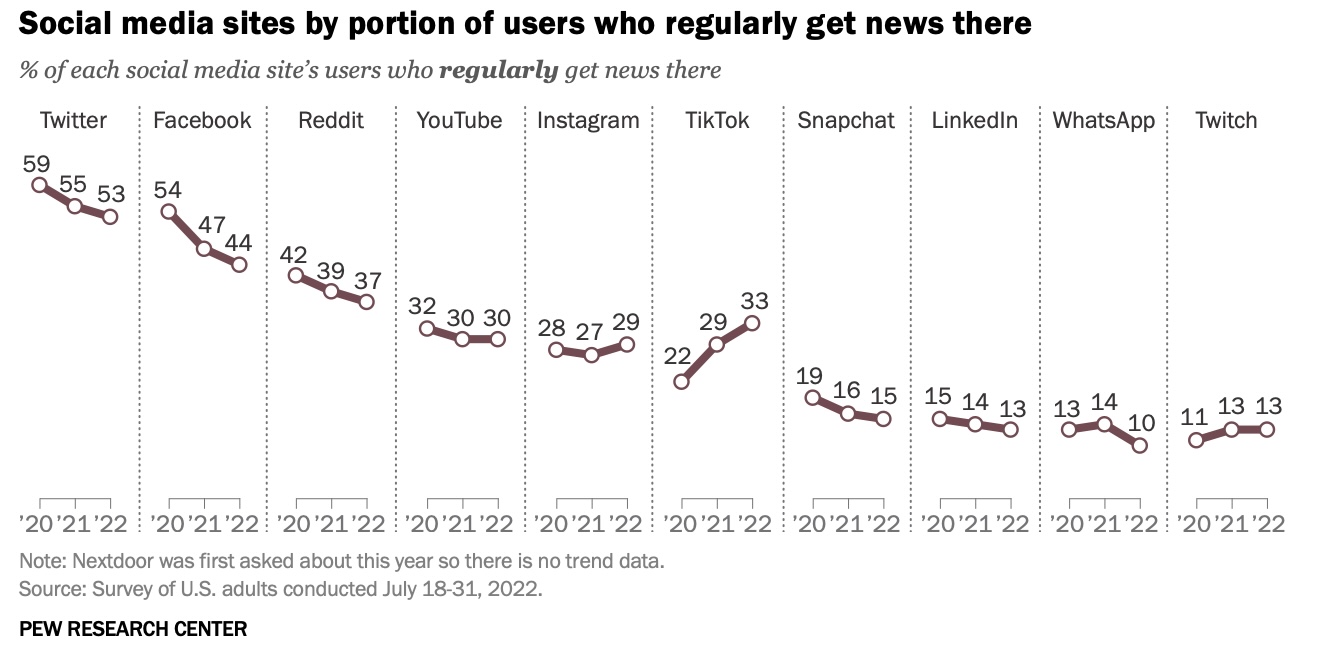Welcome back to This Week in Apps, the weekly TechCrunch series that recaps the latest in mobile OS news, mobile applications and the overall app economy.
Global app spending reached $65 billion in the first half of 2022, up only slightly from the $64.4 billion during the same period in 2021, as hypergrowth fueled by the pandemic has slowed down. But overall, the app economy is continuing to grow, having produced a record number of downloads and consumer spending across both the iOS and Google Play stores combined in 2021, according to the latest year-end reports. Global spending across iOS and Google Play last year was $133 billion, and consumers downloaded 143.6 billion apps.
This Week in Apps offers a way to keep up with this fast-moving industry in one place with the latest from the world of apps, including news, updates, startup fundings, mergers and acquisitions, and much more.
Do you want This Week in Apps in your inbox every Saturday? Sign up here: techcrunch.com/newsletters
Top Stories
Twitter, Spotify, Meta and Coinbase all bash Apple’s App Store
Elon Musk wasn’t happy with Apple this week. The new Twitter exec claimed Apple threatened to remove the app from the App Store — which was not likely true. Instead of taking on the claims directly and starting a Twitter fight, Apple CEO Tim Cook invited Musk to Apple’s campus, where they took a walk and resolved their differences. Or at least that’s how Musk put it, referring to the potential Twitter ban as a “misunderstanding.”
“Tim was clear that Apple never considered doing so,” said Musk regarding Twitter’s potential App Store removal.
That’s not to say Apple wouldn’t ever ban Twitter one day if it found itself so unmoderated that it was allowing unchecked hate speech or stoking violence. It once took action against Parler, and Twitter could see App Store policy enforcement if it devolved as well.
The Musk-Apple drama stirred others to tweet their App Store issues, too.
Spotify CEO Daniel Ek, for example, tweeted a long thread referencing Spotify’s anti-competitive complaints against the company, pointing also to Musk’s recent tweet railing against the 30% Apple tax.
Another longtime Apple critic, Coinbase, also posted a Twitter thread this week where the company claimed that users could no longer “send NFTs” in Coinbase Wallet on iOS because Apple decided to block the app’s last release until the feature was disabled. “Apple’s claim is that the gas fees required to send NFTs need to be paid through their In-App Purchase system, so that they can collect 30% of the gas fee,” the company’s official Twitter account stated. “For anyone who understands how NFTs and blockchains work, this is clearly not possible,” it said. “Apple’s proprietary In-App Purchase system does not support crypto so we couldn’t comply even if we tried.”
Gas fees are part of making transactions on a blockchain, but not a part that Coinbase profits from. Although some NFT marketplaces allow consumers to purchase NFTs using dollars instead of cryptocurrencies, that’s not the case here. Today, if a Coinbase user is trying to transfer an NFT to another person for free, they’d still have to pay a gas fee to complete the transaction — in cryptocurrency, not U.S. dollars. This fee goes to the blockchain’s validators, not Coinbase. And it fluctuates constantly based on a variety of factors, including how many transactions are taking place on that blockchain at the time.
Still, Apple’s new rules around NFTs require the use of in-app purchases for things like “minting, listing, and transferring,” they say. What’s not clear here is if an App Reviewer made a mistake in trying to apply Apple’s tax on what’s already sort of a tax or if Coinbase was intentionally trying to stoke consumer outrage. If the latter, it may have worked — the tweets made headlines, and prompted Epic Games CEO Tim Sweeney, whose company is currently suing Apple and Google over monopolistic practices, to chime in.
“If they can lawfully add a 30% Apple Tax to all NFT transactions, then they can lawfully add a 30% Apple Tax to all online banking and stock trading transactions,” Sweeney said.
Apple, in response to the Coinbase situation, said it would continue to work with Coinbase, as it does with all developers, to “explore viable solutions in this evolving space.” Hmm.
Meanwhile, speaking at The NYT’s Dealbook conference this week, Meta CEO Mark Zuckerberg had some sharp comments for Apple as well, with regard to its control of the app ecosystem.
“Apple has sort of singled themselves out as the only company that is trying to control unilaterally what apps get on a device,” Zuckerberg said. “I don’t think that’s a sustainable or good place to be.” The exec also noted that Google at least allowed users to sideload apps, which is what Meta plans to do with its VR ecosystem and AR headsets.
Hive’s security was so bad, it had to shut down

Image Credits: Vlad Georgescu (opens in a new window) / Getty Images
The team at the newly popular Twitter alternative Hive is in over its head. The company this week took the fairly radical step of fully shutting down its servers for a couple of days in response to concerns raised by security researchers who discovered a number of critical vulnerabilities on Hive, several of which they say remain unfixed. The issues they found would allow attackers access to all data, including private posts and messages, shared media and even deleted direct messages, as well as the ability to edit other people’s Hive posts.
The researchers, a part of a German collective called Zerforschung, claimed they confidentially reported the security vulnerabilities to Hive’s team, noting it was initially difficult to reach a point of contact at the company. Several days later, Hive replied, claiming the issues to be fixed, a Zerforschung blog post explains. However, the researchers found this was not the case, so they took their concerns to the public, warning people against using Hive’s app.
Shortly after, Hive announced it was temporarily shutting down its servers to address these problems. It also claimed, across several tweets, that they never told the researchers the issues were “fixed” but that they were “fixing” them, eventually deciding to go offline until problems were addressed.
It’s an unusual way to patch bugs, to say the least, and one that raises questions about the development workflow at the company. Is there not a dev environment where code is fixed, then staged for a release? How bad was the code that it requires a full stop of company operations to rework it?
Hive said the app will come back online after the issues are fixed and hinted it was raising funds that would allow it to implement more protections in the future. The company claims to have 2 million users, but data.ai only sees around 1.7 million total downloads.
Kanye West won’t buy Parler
In October, Kanye West, who now goes by Ye, announced alongside Parler’s owner that he would be purchasing the conservative-leaning social network for an unknown sum. But that deal is now off. The news followed West’s antisemitic statements during an interview with conspiracy theorist Alex Jones, where the rapper praised Hitler and Nazis. In a statement, Parler’s owner Parlement Technologies confirmed the two have parted ways, saying the company “has mutually agreed with Ye to terminate the intent of sale of Parler.”
“This decision was made in the interest of both parties in mid-November. Parler will continue to pursue future opportunities for growth and the evolution of the platform for our vibrant community,” the statement read.
Apple & Google pick the Best Apps of the Year, and BeReal scores

Image Credits: Apple
It’s time for the annual app store awards. This year, relative newcomer BeReal — which hasn’t managed to ship a new feature all year — made it to the top of both stores’ “best of 2022” lists. Apple dubbed the photo-based social network its “App of the Year” while Google Play gave it the User’s Choice award. The app is a curious pick for a winner. Though BeReal has clearly gained a following, especially among younger Gen Z users, the company has yet to find a business model. That means Apple and Google make no money off the app’s promotion. Call me cynical, but it’s surprising the app platforms would tout an app that doesn’t directly benefit their bottom line in some way or one that at least makes clever use of some newer technology they’re trying to promote, like AR or GameKit. Instead, BeReal is a fairly basic app — you take photos and post them. They later disappear.
Perhaps Apple wanted to make a point by promoting an app that had no in-app purchases or one that would allow it to remind consumers (and developers!) that the App Store still produces relevant hits.
Other Apple winners included GoodNotes 5 for iPad, MacFamilyTree 10 for Mac, Vix for Apple TV and Gentler Streak for Apple Watch.
Apex Legends Mobile was iPhone game of the year and Google’s best game winner, while Moncage was the winner for iPad.
Google picked Dream by WOMBO as this year’s Best App in the U.S., and released variations of its top list across its global markets.
Weekly News
Platforms: Apple
- Apple announced it would once again keep its App Store open during the holiday season, though with slower review speeds. Typically, Apple says 90% of apps are reviewed in less than 24 hours, but times may lag during December 23 through December 27. Apple, in the past, would close the App Store to submissions over the holidays, but ended that practice last year.
- Apple is making digital car keys shareable in its iOS 16.1 software. The new functionality will allow iPhone users to share car keys in their Wallet with non-iPhone users, starting with Google Pixel devices, and later expanding to other Android phones. Keys can be shared via email, text message and WhatsApp.
- Apple released iOS 16.1.2, which included various security updates, improved compatibility with wireless carriers and crash detection optimizations for iPhone 14 and iPhone 14 Pro models.
- Apple introduced a new “Today at Apple” session for kids in celebration of Computer Science Education Week. The session, “Coding Lab for Kids: Code Your First App,” is for kids 10+ and aims to introduce app development concepts.
Platforms: Google
- Google rolled out its latest Android update which introduced features like an accessible reader mode, a new YouTube Search widget, shareable digital car keys, new action tiles for WearOS and other special holiday features, like new designs for photo collages in Google Photos, among other things.
- As part of the update, Google launched a new Reading Mode app that helps people with visual imparities and dyslexia read content on the screen, especially articles.
- Google detailed CameraViewfinder, a new artifact from the Jetpack library that allows developers to quickly implement camera previews with minimal effort. The component “internally uses either a TextureView or SurfaceView to display the camera feed, and applies the required transformations on them to correctly display the viewfinder,” Google says.
E-commerce & Food Delivery
- Temu, a shopping app operated by China’s Pinduoduo, moved into the No. 1 spot on the U.S. App Store on November 12, after topping more than 5 million installs in the U.S.
- Food delivery app JOKR confirmed it’s closing down its operations in Santiago, Chile and Medellin, Colombia, which will see it letting go of 22 employees and 19 employees, respectively.
- Livestream shopping startup Firework, which built tech to enable live shopping, laid off 10% of staff just months after its SoftBank-led $150 million Series B.
Augmented Reality
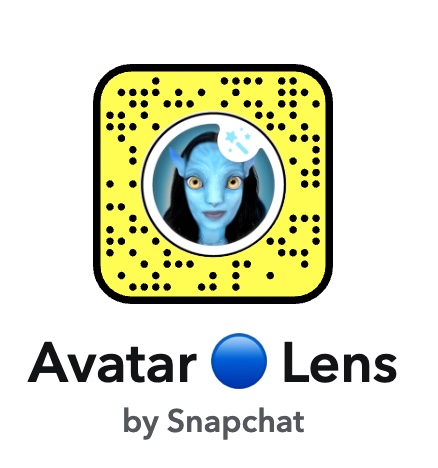
Image Credits: Snapchat
- Snapchat partnered with Disney and rolled out an AR Lens to promote Disney’s release of “Avatar: The Way of Water” which turns the end user into a Na’vi. The film releases in theaters on December 16 in the U.S.
- Epic Games’ RealityScan app, which lets you scan real-world objects and turn them into 3D models for video games or other AR projects, launched to the public on iOS. The app had been a in limited beta release since April.
Fintech
- Venmo added support for in-app charitable donations, allowing users to give to the tens of thousands of certified charities available through the PayPal Giving Fund. The app also revamped its “send money” screen to make it easier to see who you’re sending funds to and the amount.
Social
- Pinterest is shutting down its Creator Rewards program that had allowed creators to earn money by creating content for the social network. The program will end on November 30, 2022, it said.
- TikTok began testing a research API, which provides access to public and anonymized data about the content and activity on its app. Members of TikTok’s Content and Safety Advisory Council will test an early version of the API to offer feedback on its usability.
- Meta rolled out new privacy updates for teens on Facebook and Instagram that will set all new users under the age of 16 (or 18 in some countries) to “private” accounts by default when they sign up. The company will also push teens already signed up on Facebook to choose more private settings in terms of who can see their friends’ list, posts they’re tagged in, who can comment on public posts and more.
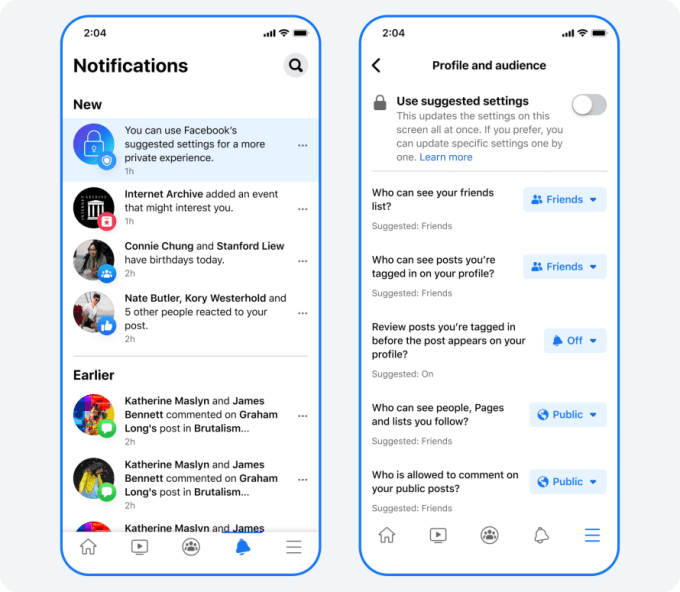
Image Credits: Meta
- The Indian social network Koo has been gaining popularity in Brazil but has been struggling with moderation and security issues. In one case, hackers took control of a popular influencer Felipe Neto’s Koo account for a time, warning users about Koo’s lack of security.
- Twitter hired hacker George Hotz, who recently left Comma.ai, the driver assistance system startup he founded. Hotz is “interning” at Twitter, which actually means he’s taking a paid position for 12 weeks to fix issues with Twitter’s search engine which have been left unaddressed for years.
- Twitter also declared “general amnesty” for banned users, and is now working to reinstate 62,000 accounts with 10,000K+ followers. It had earlier allowed Kanye West back on the service after a suspension but had to ban him again for posting antisemitic tweets in violation of its rules. “FAFO,” Elon Musk tweeted, about his decision to ban Ye.
- Twitter said it will start showing users more algorithmic recommendations in the timeline, which it said would help users see more of the best content on the platform — something that could help newcomers get better situated and find interesting people to follow, as Twitter tries to grow.
- Snap CEO Evan Spiegel told employees they have to be in the office 80% of the time, 3-4 days per week, as of February 2023.
- Community reviews app Yelp introduced Spotlight Ads that allow businesses to reach consumers using video through the app’s homescreen.
- Discord opened up paid Server Subscriptions, a feature that began piloting last year, to allow more servers to offer premium memberships in exchange for server-specific perks. Subscriptions range in price from $2.99-$199.99 and subscribers choose their own perks. Discord takes a 10% cut.
Messaging
- WhatsApp launched a company directory on its Business Platform in Brazil, the U.K., Indonesia, Mexico and Columbia after initially testing the feature last year in São Paulo. The service helps users browse and discover local small businesses in their neighborhoods. The company also introduced the ability to find larger businesses from within the app through a Business Search feature.
- WhatsApp also launched a “Message Yourself” feature that allows users to send notes, reminders and shopping lists to themselves in the messaging app.
- Google will begin testing end-to-end encryption for RCS-based group chats on its Messages app. The feature will roll out to select users that are part of the app’s open beta program in the coming weeks.
- Substack’s Chat feature, which allows writers and creators to have discussions in a chat-like environment inside the Substack app, has expanded from iOS to Android.
- In response to a court order in India, Telegram disclosed the names of administrators, their phone numbers and IP addresses of channels that were accused of copyright infringement. Unrelated, the company also said it plans to build a decentralized crypto exchange and noncustodial wallets.
- LinkedIn rolled out a focused inbox and messaging safety tools in order to get a better grip on spam and scammers.
Dating
- Dating app Grindr closed its NYSE debut up 213.84% at $36.50 per share, CNBC reported. The app is trading under the ticker GRND after a SPAC merger to go public.
- Bumble launched a message-before-match feature, “Compliments,” allowing users to send a note to another person before connecting in the app. Tinder offers a similar option through its “Fast Chat” feature.
Streaming & Entertainment
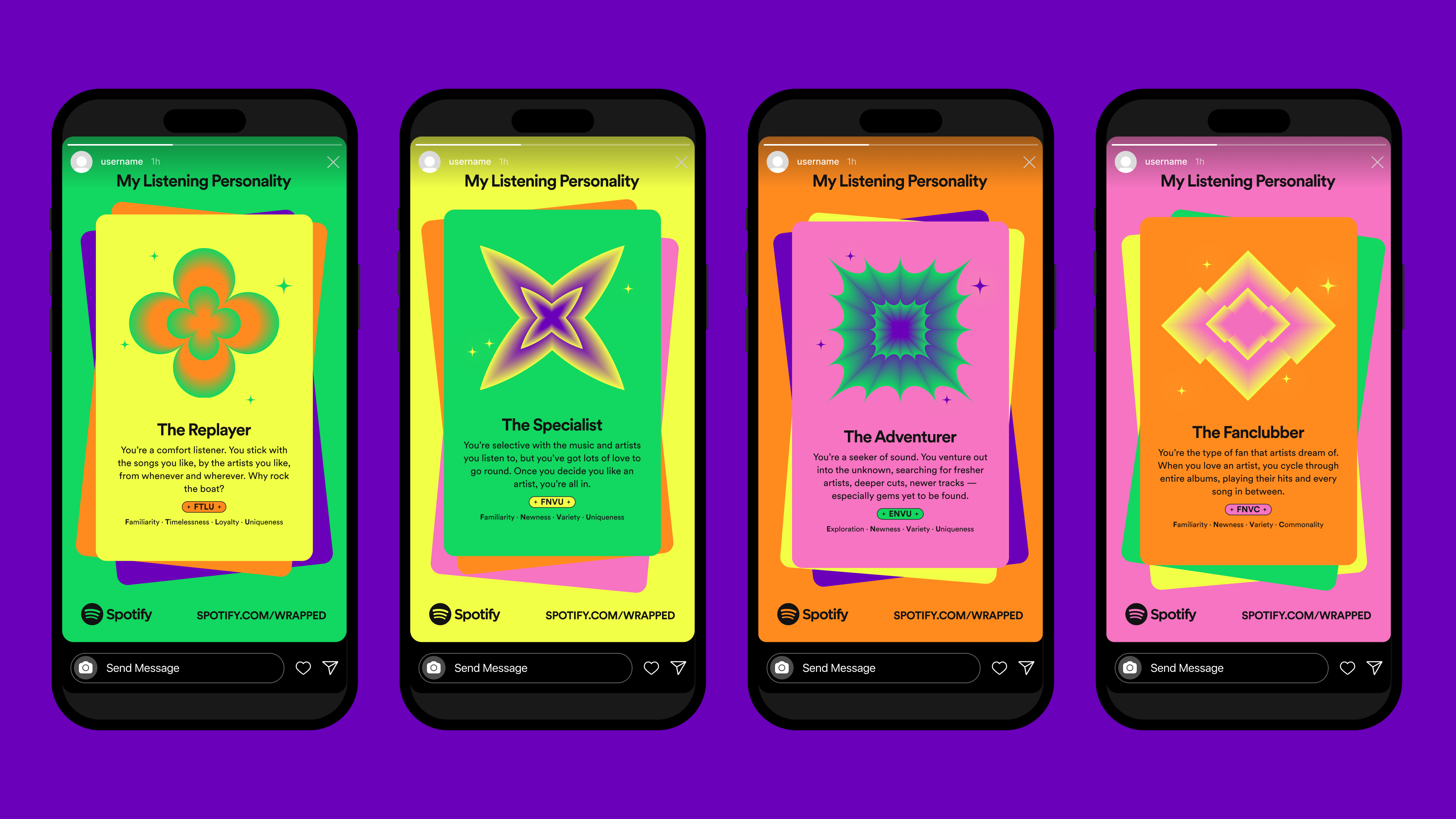
Image Credits: Spotify
- Spotify Wrapped 2022 officially arrived. Though other music services, including Apple Music and YouTube Music, also put together their own year-end retrospectives, Spotify’s personalized and interactive Wrapped experience remains the one to beat. The feature saw 30 million users accessing Wrapped in 2017, which grew to 120 million last year. This year’s big addition was something called “My Listening Personality,” which translates users’ listening behavior into one of the 16 personality types.
- Wattpad Webtoon Studios, the entertainment and publishing arm of the user-gen storytelling apps, announced an expansion of its exec ranks, bringing on Jason Goldberg as Director of Film, North America and Danni Xin as a Television Development Executive. Goldberg previously was VP of Scripted Film & TV at Gunpowder & Sky and Xin worked in original series development at Topic Studios.
- Google announced that Google TV and Android TV will be requiring Android App Bundles that are archivable starting in May 2023. The change is meant to help save storage for users.
- Spotify expanded its new audiobooks service across more English-speaking markets, including he U.K., Ireland, Australia and New Zealand. Users will have access to over 300,000 titles which have to first be purchased through Spotify’s website instead of in-app as the company is trying to avoid app store fees.
- After the Instafest web app blew up, allowing Spotify users to make festival posters from their listening history, the originator of a similar trend is doing the same. LineupSupply — an app that lets you make playlists from real-world concert posters — added a new Rewind function that creates a poster based on your listening history over a select period of time.
- YouTube experienced an hours-long outage, which saw the iOS app crashing when users tried to watch videos.
Gaming

Image Credits: Netflix
- Netflix launched 9 more mobile games, including Gameloft’s Farmville clone, Country Friends. Others include Reigns Three Kingdoms, a card-swiping strategy game; Skies of Chaos, an arcade-style shoot-em-up game; Flutter Butterflies, a game for butterfly collectors and Cats & Soups, a relaxing cooking game; Hello Kitty Happiness Parade; Immortality; a new Stranger Things: Puzzle Tales; and a TV-only game, Triviaverse.
- In Epic Games’ court case against Google, the Fortnite maker was said to have allegedly paid around $360 million over three years to keep Activision Blizzard from launching its own app store to compete with Google Play.
- Indian social network ShareChat, backed by Twitter, Tiger Global and Temasek, is closing its fantasy sports app Jeet11 and has laid off 5% of staff.
- Norwegian artist Aurora is hosting an in-game concert, but it’s not in Fortnite, Roblox or Minecraft. Rather, the artist’s December 8 performance will be within the popular game Sky: Children of the Light, which has more than 160 million downloads across iOS, Android and Switch.
Government & Policy
- The U.K.’s antitrust watchdog is looking into the iOS-Android mobile duopoly, with a focus on mobile browsers and cloud gaming. The government is concerned the companies are restricting competition and harming consumers.
- The U.K. government also said it’s expanding the scope of online safety legislation by criminalizing the encouragement of self-harm on online platforms following a teen’s suicide. The teen had viewed thousands of pieces of online content about self-harm and suicide on Instagram and Pinterest.
Security & Privacy
- 1Password said passkey support for secure user logins to apps, including iOS and Android apps, will launch in early 2023.
- TikTok and Bumble said they plan to use StopNCII.org’s database of hashtags of nude images and videos in order to block revenge porn on their apps. Meta has been using it since 2021.
Funding and M&A
 Mark Cuban-backed streaming app Fireside, which offers podcasters and other creators a way to host interactive, live shows with audience engagement, acquired the open streaming TV platform Stremium. The deal, for an undisclosed sum, will allow Fireside’s shows to become available to a range of connected TV devices, including Amazon Fire TV, Roku, smart TVs and others.
Mark Cuban-backed streaming app Fireside, which offers podcasters and other creators a way to host interactive, live shows with audience engagement, acquired the open streaming TV platform Stremium. The deal, for an undisclosed sum, will allow Fireside’s shows to become available to a range of connected TV devices, including Amazon Fire TV, Roku, smart TVs and others.
 Cobee, a Madrid-based app offering employee benefits, raised €40 million in Series B funding, co-led by Octopus Ventures and Notion Capital. The app helps employees browse and activate the benefits their employer offers, including programs for meals, transportation, day care, training, gift cards, rent, life and health insurance and soon, more.
Cobee, a Madrid-based app offering employee benefits, raised €40 million in Series B funding, co-led by Octopus Ventures and Notion Capital. The app helps employees browse and activate the benefits their employer offers, including programs for meals, transportation, day care, training, gift cards, rent, life and health insurance and soon, more.
 Fizz, a social media app for college students, raised $12 million in Series A funding led by NEA. The app co-founded by Stanford dropouts Teddy Solomon and Ashton Cofer is now led by seed investor Rakesh Mathur and is now live on 25 college campuses and is only available to college students. Students can publish text posts, polls and photos anonymously — a formula for fast growth that typically comes with serious repercussions at scale.
Fizz, a social media app for college students, raised $12 million in Series A funding led by NEA. The app co-founded by Stanford dropouts Teddy Solomon and Ashton Cofer is now led by seed investor Rakesh Mathur and is now live on 25 college campuses and is only available to college students. Students can publish text posts, polls and photos anonymously — a formula for fast growth that typically comes with serious repercussions at scale.
 Daylight, an LGBTQIA+-friendly digital bank, raised $15 million in Series A funding led by Anthemis Group. The fintech differentiates itself by offering debit cards with customers’ chosen names, which don’t always match their ID, and it offers 10% cash back when they support queer and allied business partners, in addition to more standard mobile banking features.
Daylight, an LGBTQIA+-friendly digital bank, raised $15 million in Series A funding led by Anthemis Group. The fintech differentiates itself by offering debit cards with customers’ chosen names, which don’t always match their ID, and it offers 10% cash back when they support queer and allied business partners, in addition to more standard mobile banking features.
 Digital photo frame maker Aura raised $26 million in a mix of debt and equity led by Lago Innovation Fund. The company’s app, which now nears 3 million users after selling 1 million photo frames, helps connect family members connect and share their photos across devices.
Digital photo frame maker Aura raised $26 million in a mix of debt and equity led by Lago Innovation Fund. The company’s app, which now nears 3 million users after selling 1 million photo frames, helps connect family members connect and share their photos across devices.
 Feature phone platform startup KaiOS raised $3.4 million in the form of a convertible note from Finnfund, an impact investor out of Finland. The company previously raised $50 million from Cathay Innovation, Google and TCL in 2019. The company says over 170 million KaiOS devices have shipped.
Feature phone platform startup KaiOS raised $3.4 million in the form of a convertible note from Finnfund, an impact investor out of Finland. The company previously raised $50 million from Cathay Innovation, Google and TCL in 2019. The company says over 170 million KaiOS devices have shipped.
 New Delhi-based diabetes management app BeatO raised $33 million in Series B funding led by Lightrock India. Flipkart and others participated in the round. The startup wants to reach over 10 million people by 2025.
New Delhi-based diabetes management app BeatO raised $33 million in Series B funding led by Lightrock India. Flipkart and others participated in the round. The startup wants to reach over 10 million people by 2025.
 Ivory Coast finance app Djamo raised $14 million in funding from YC, alongside three lead investors — Enza Capital, Oikocredit and Partech Africa — for its app providing financial services to the underbanked and unbanked population.
Ivory Coast finance app Djamo raised $14 million in funding from YC, alongside three lead investors — Enza Capital, Oikocredit and Partech Africa — for its app providing financial services to the underbanked and unbanked population.
 Zoe, the maker of a COVID-reporting app, shifted back to its original mission and raised $30 million in new funding to refocus on nutrition and health.
Zoe, the maker of a COVID-reporting app, shifted back to its original mission and raised $30 million in new funding to refocus on nutrition and health.
 The Truth Social SPAC was put on hold. Digital World Acquisition Corp. said investors voted to extend the deadline to merge with Truth Social — in a SPAC that would take the company public. The merger has been pushed back to September 2023, as regulators are investigating the deal.
The Truth Social SPAC was put on hold. Digital World Acquisition Corp. said investors voted to extend the deadline to merge with Truth Social — in a SPAC that would take the company public. The merger has been pushed back to September 2023, as regulators are investigating the deal.
Downloads
Lensa AI

Image Credits: Lensa AI on Instagram (opens in a new window)
An older app called Lensa AI is having a moment. The photo and video editing app first launched in 2018, but a new feature that allows users to create “magic avatars” has driven the app to the No. 1 spot on the App Store’s competitive Photo & Video chart following the feature’s late November launch. Using a selection of 10-20 photos, the app uses Stable Diffusion to generate avatars of you that look like they were created by a digital artist — perfect for sharing across social media. The free version of the app doesn’t include the magic avatars. Instead, users will need to pay either $3.99 for 50 (five variations of 10 styles) or subscribe to the unlimited plan ($39.99/year). You can read more about the feature and how it works here.
Indie App Santa

Image Credits: Indie App Santa
It’s the most wonderful time of the year… for free and discounted iPhone apps, that is. Indie App Santa is back! The initiative started to help smaller app developers reach new audiences without having to pay for expensive App Store ads. The event, which began in 2020, is now entering its third year, offering both a Twitter feed of deals as well as an Advent calendar-style app of its own where iPhone users can unlock one premium app either for free or for a sizable discount every day. The deals started December 1, 2022 and will run through January 10, 2023. It’s sort of like a month-long Black Friday event, but only for indie apps. This year, there will be 40 deals, half of which include free apps. Read more about Indie App Santa here.
This Week in Apps: The year’s best apps, Twitter rival Hive’s security woes, App Store backlash grows by Sarah Perez originally published on TechCrunch



